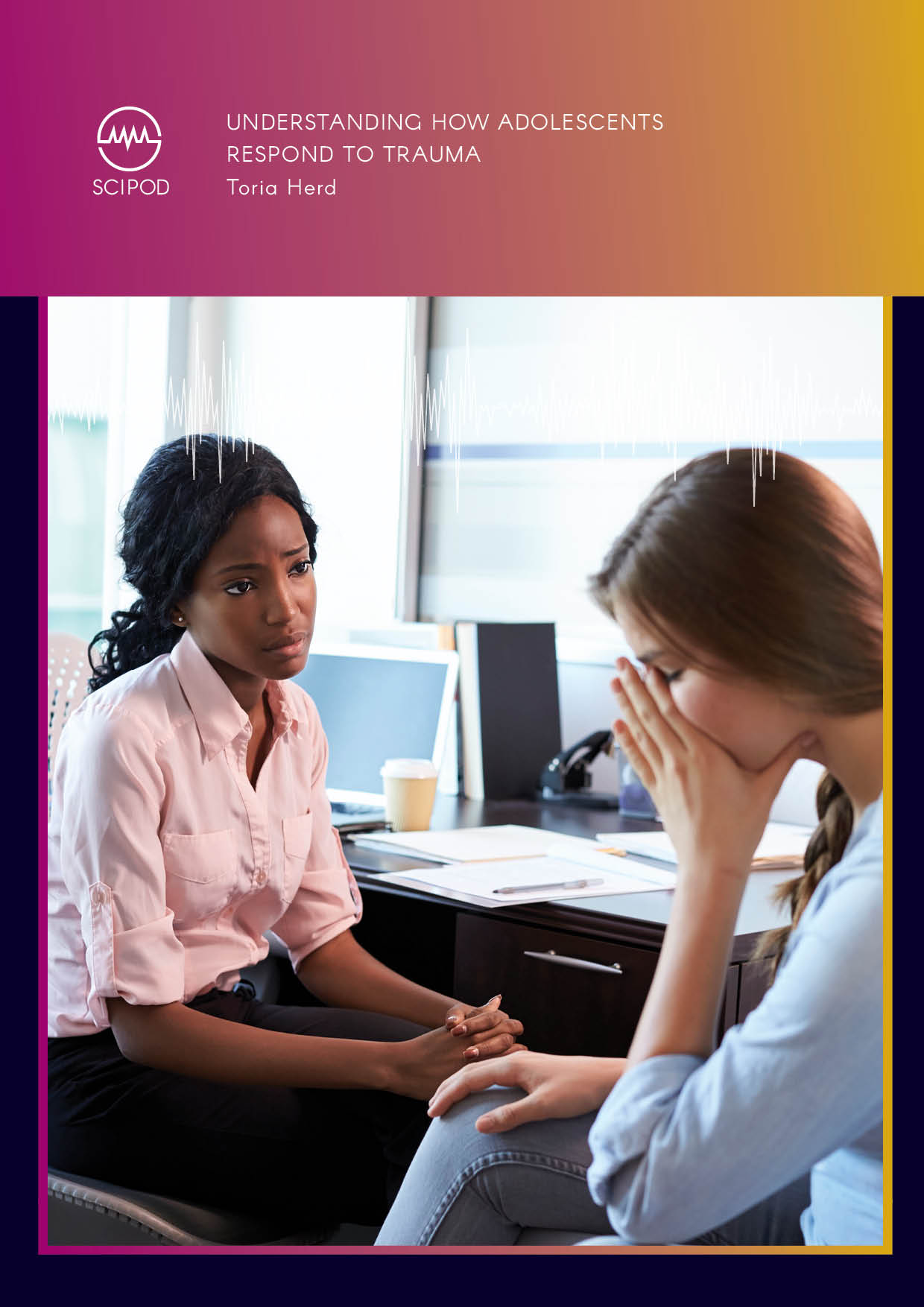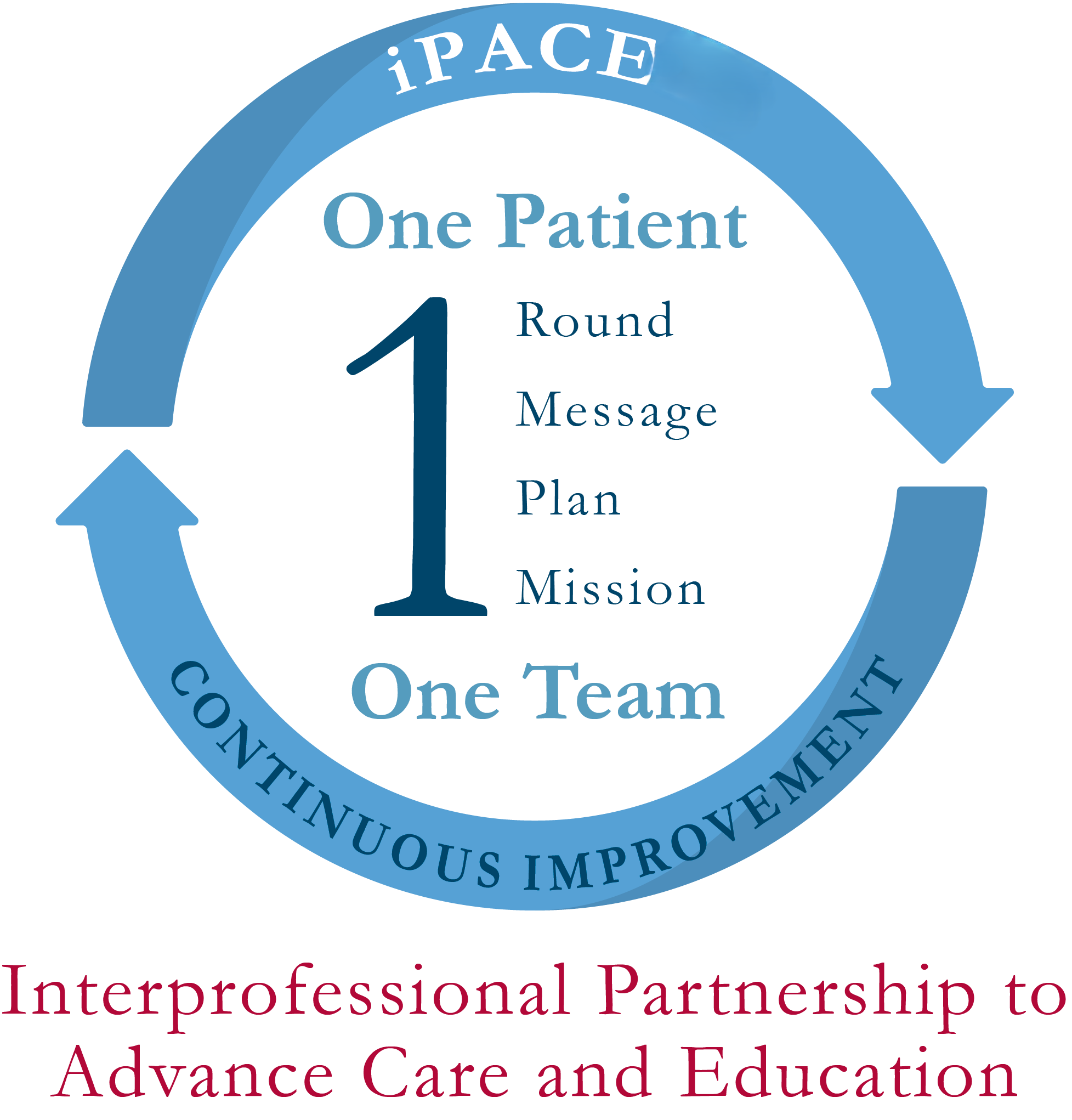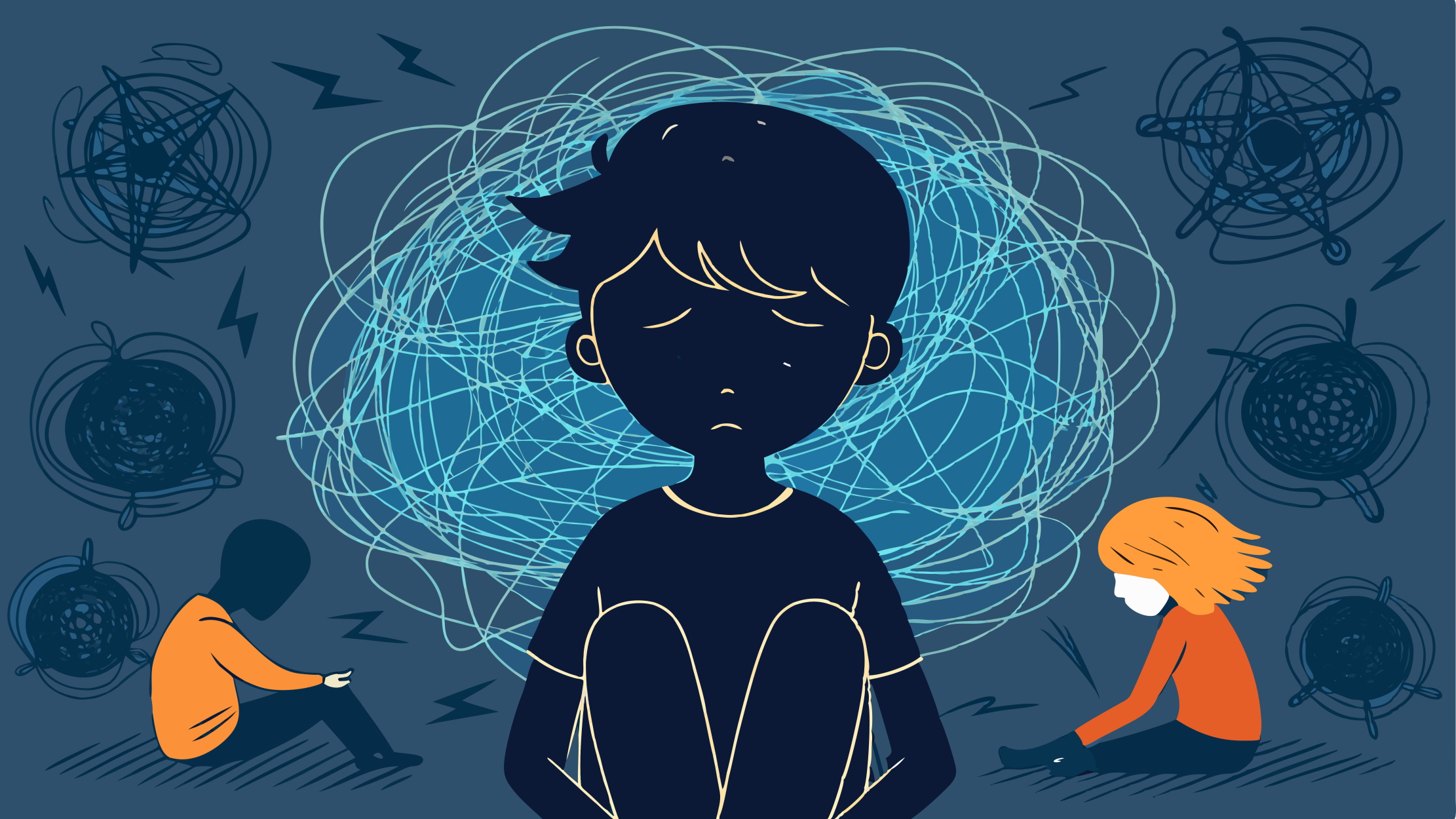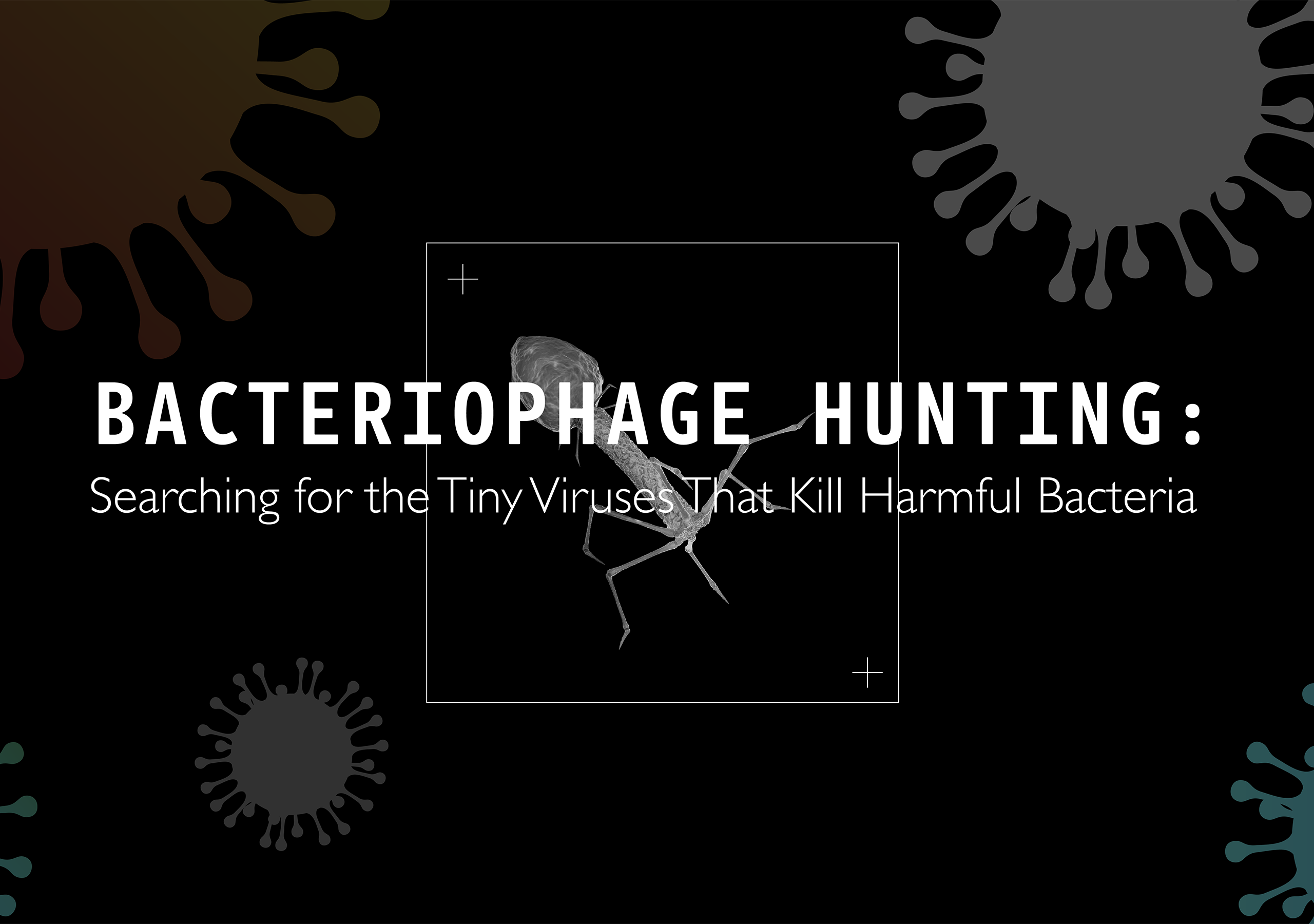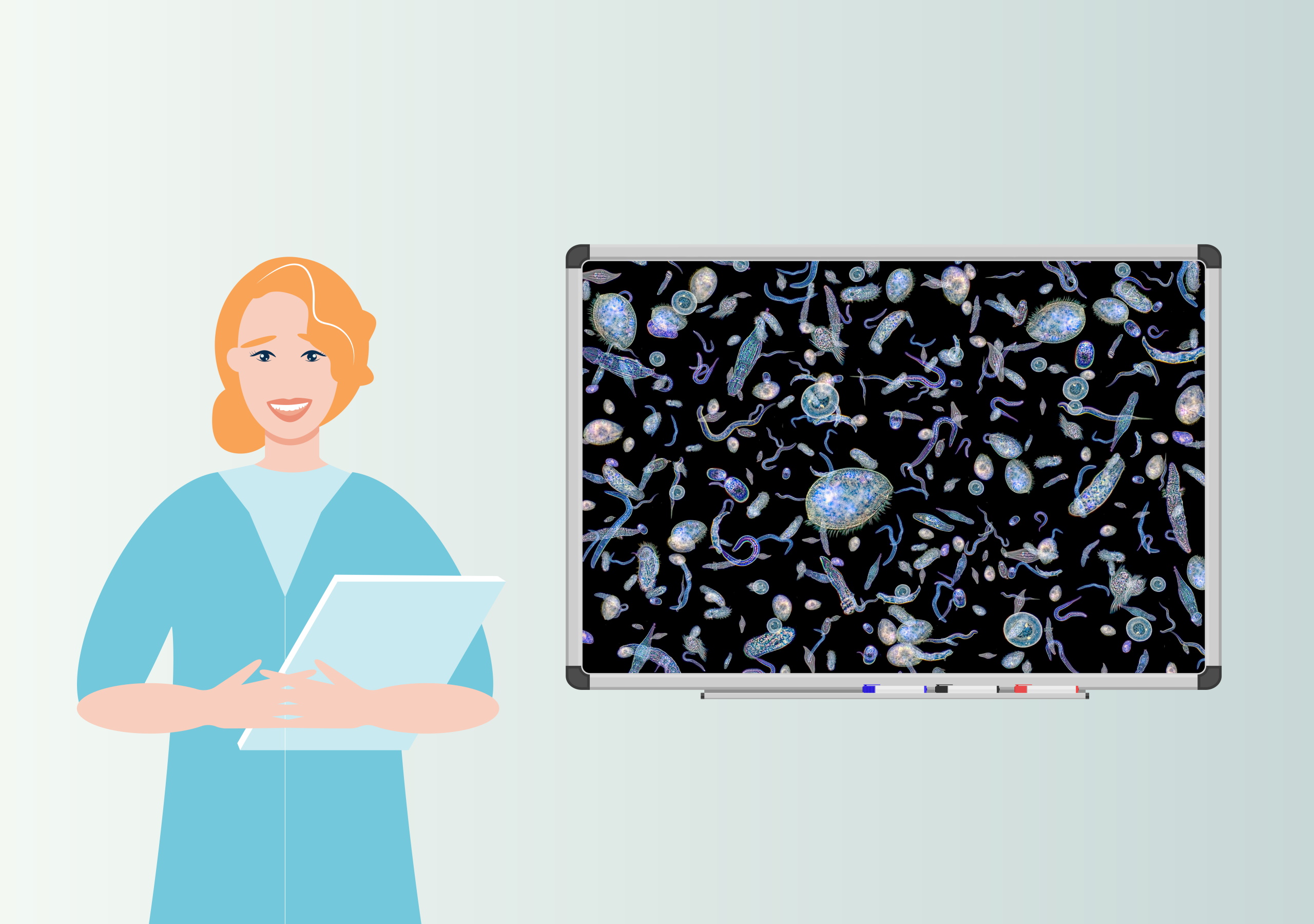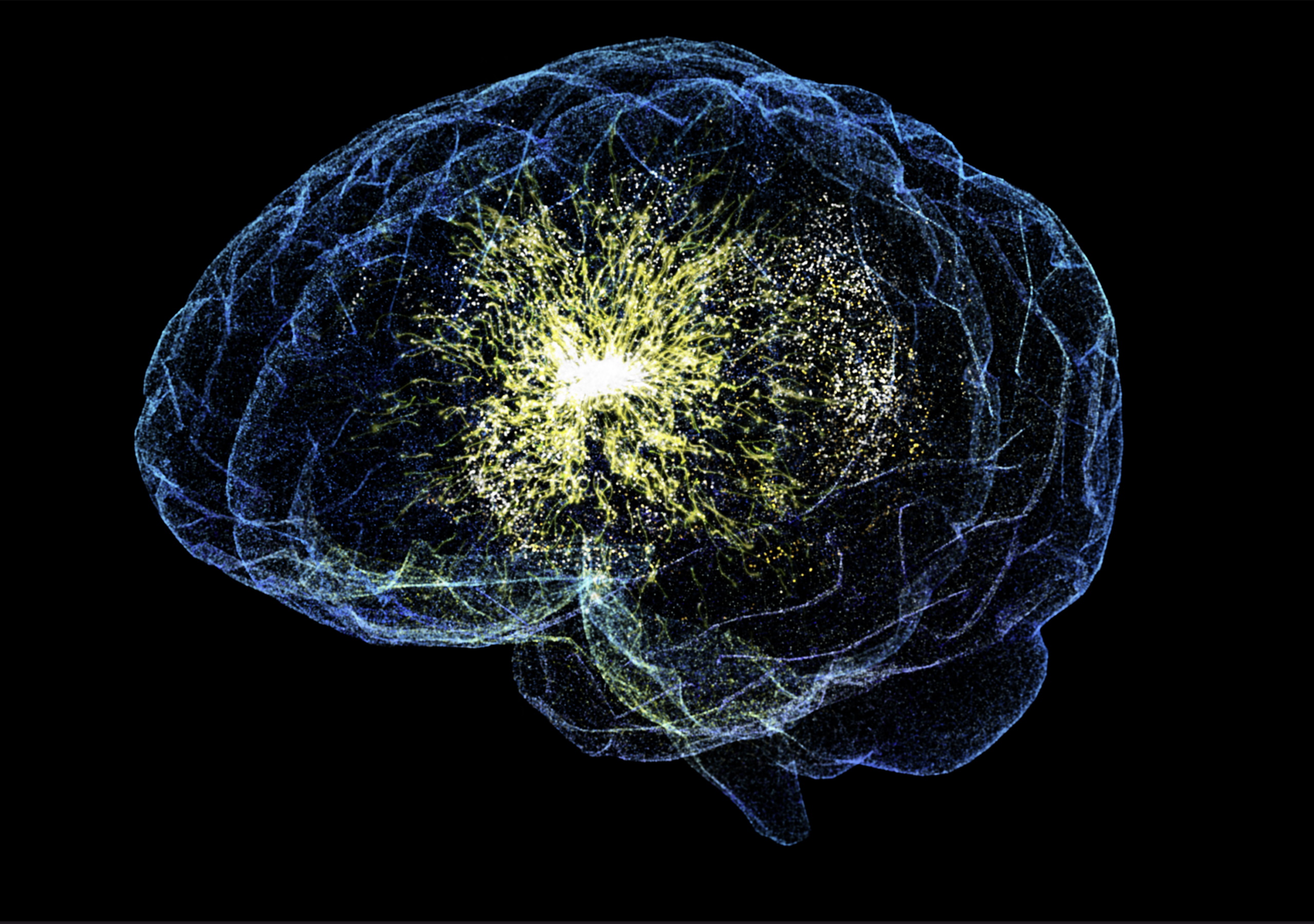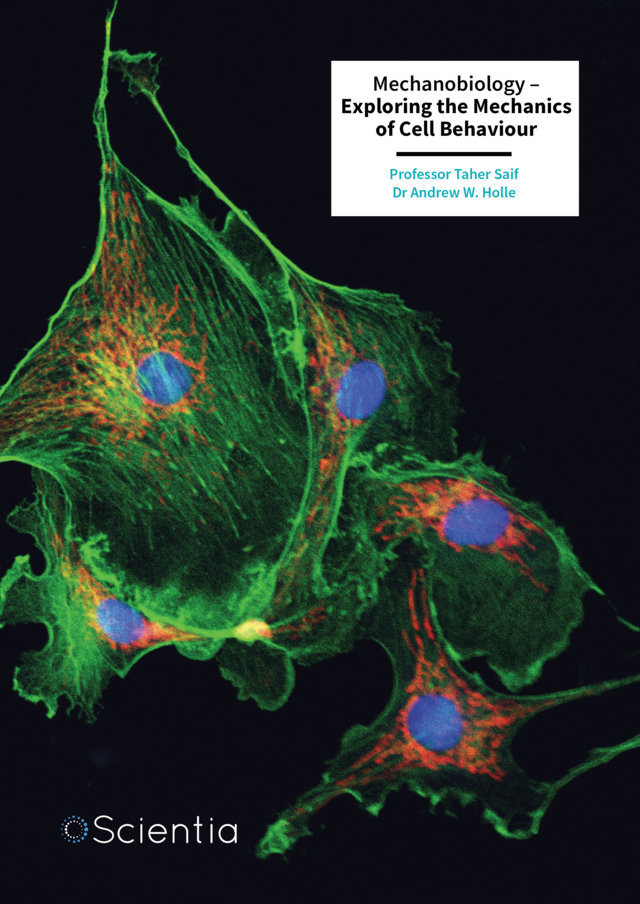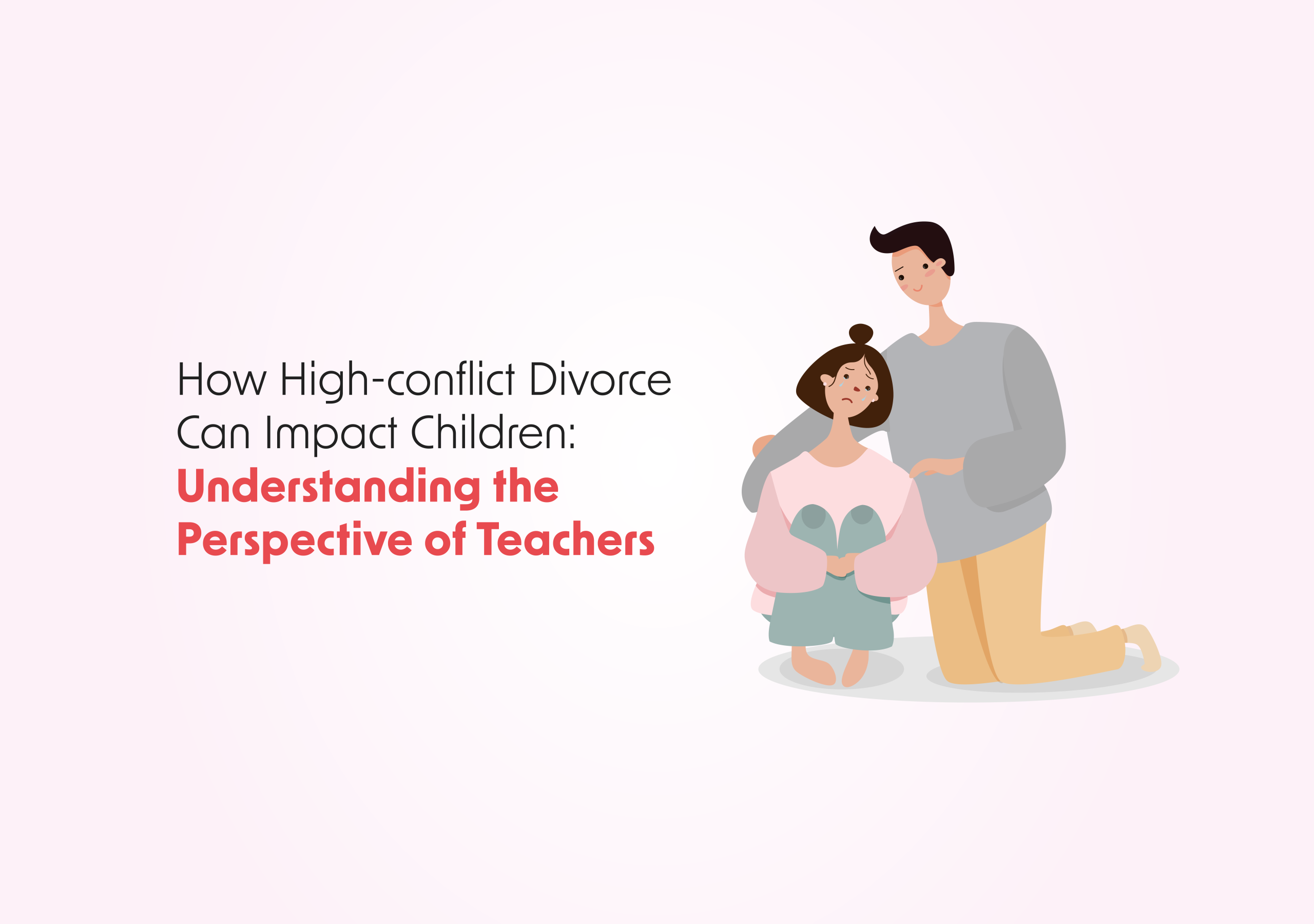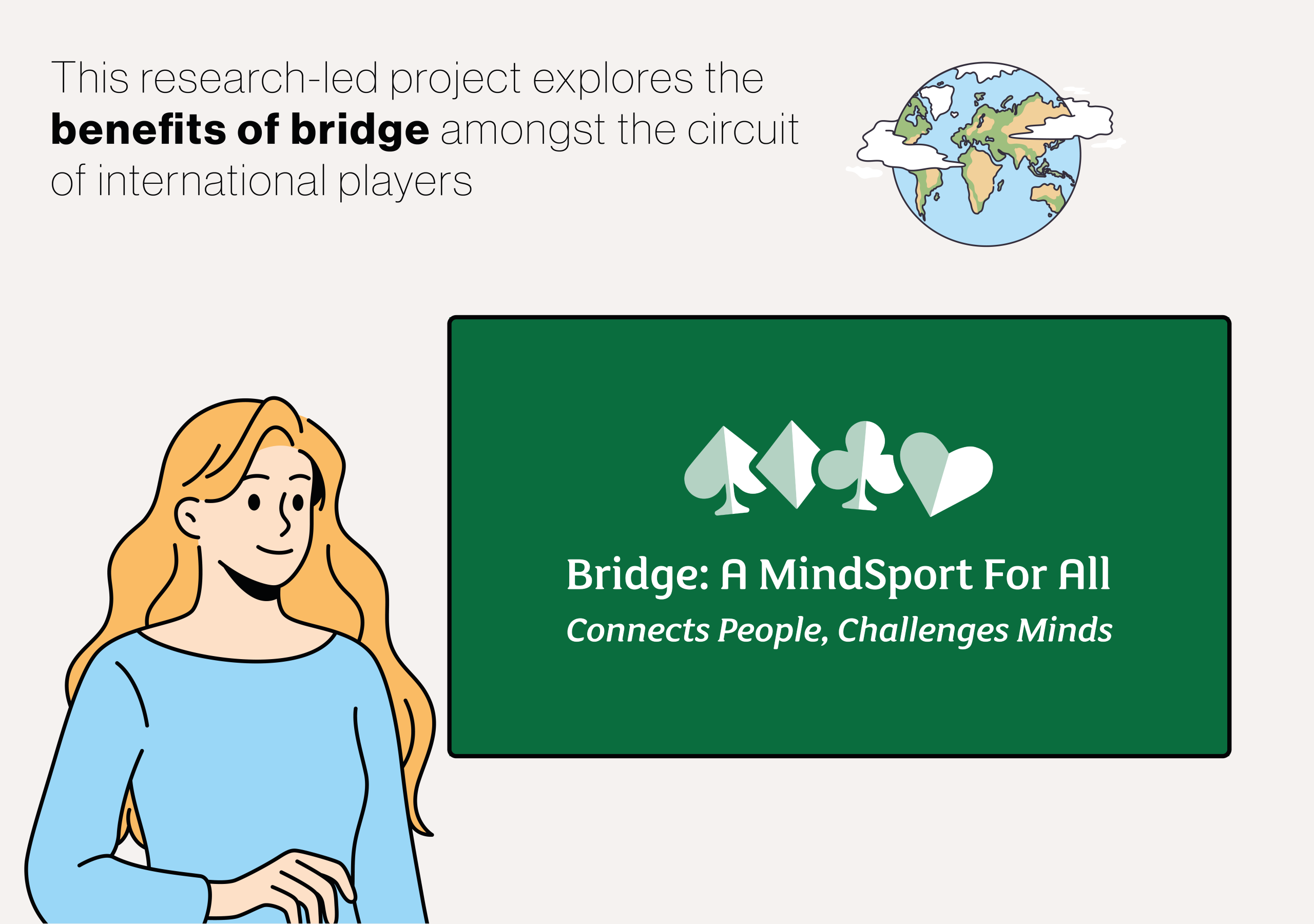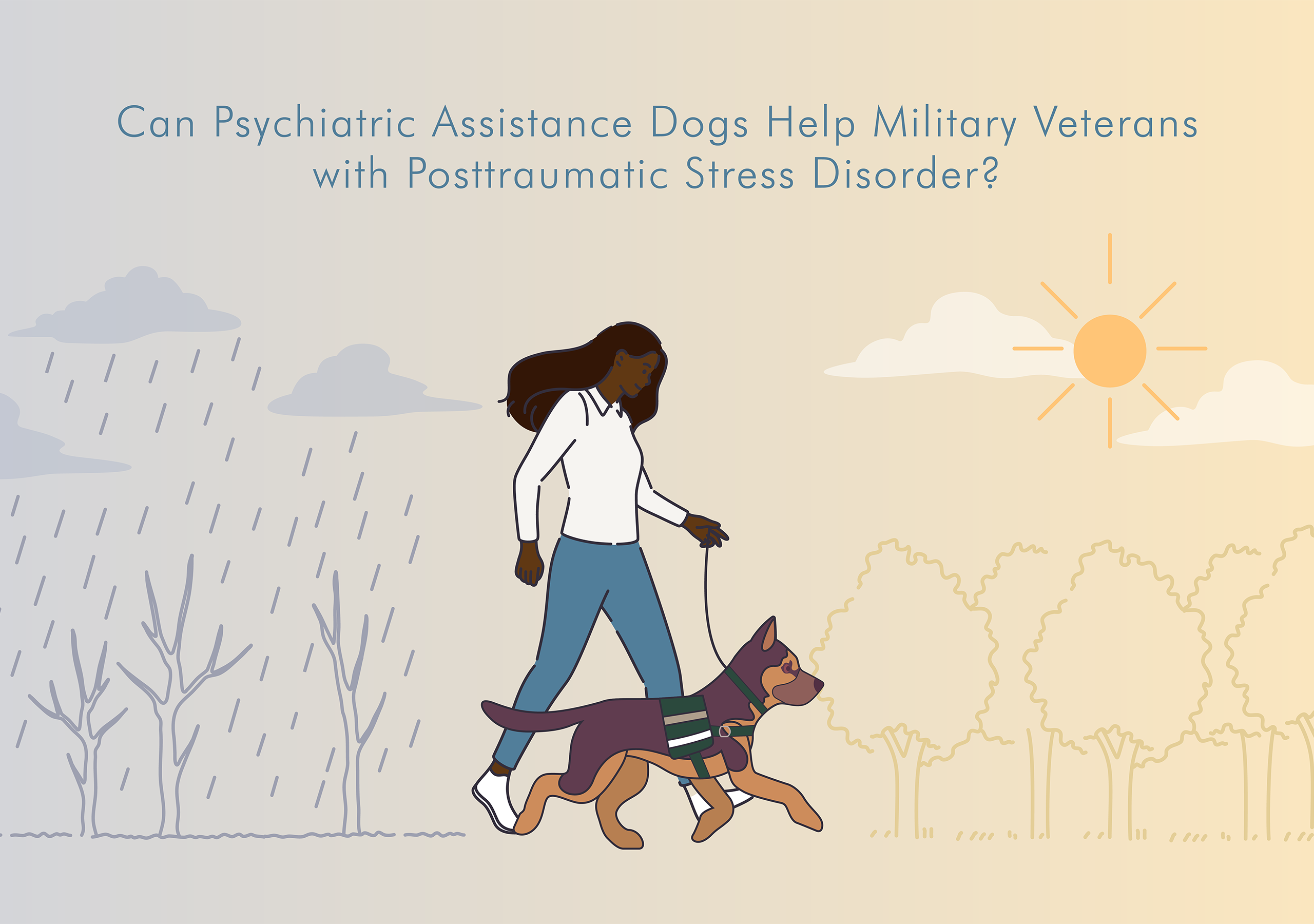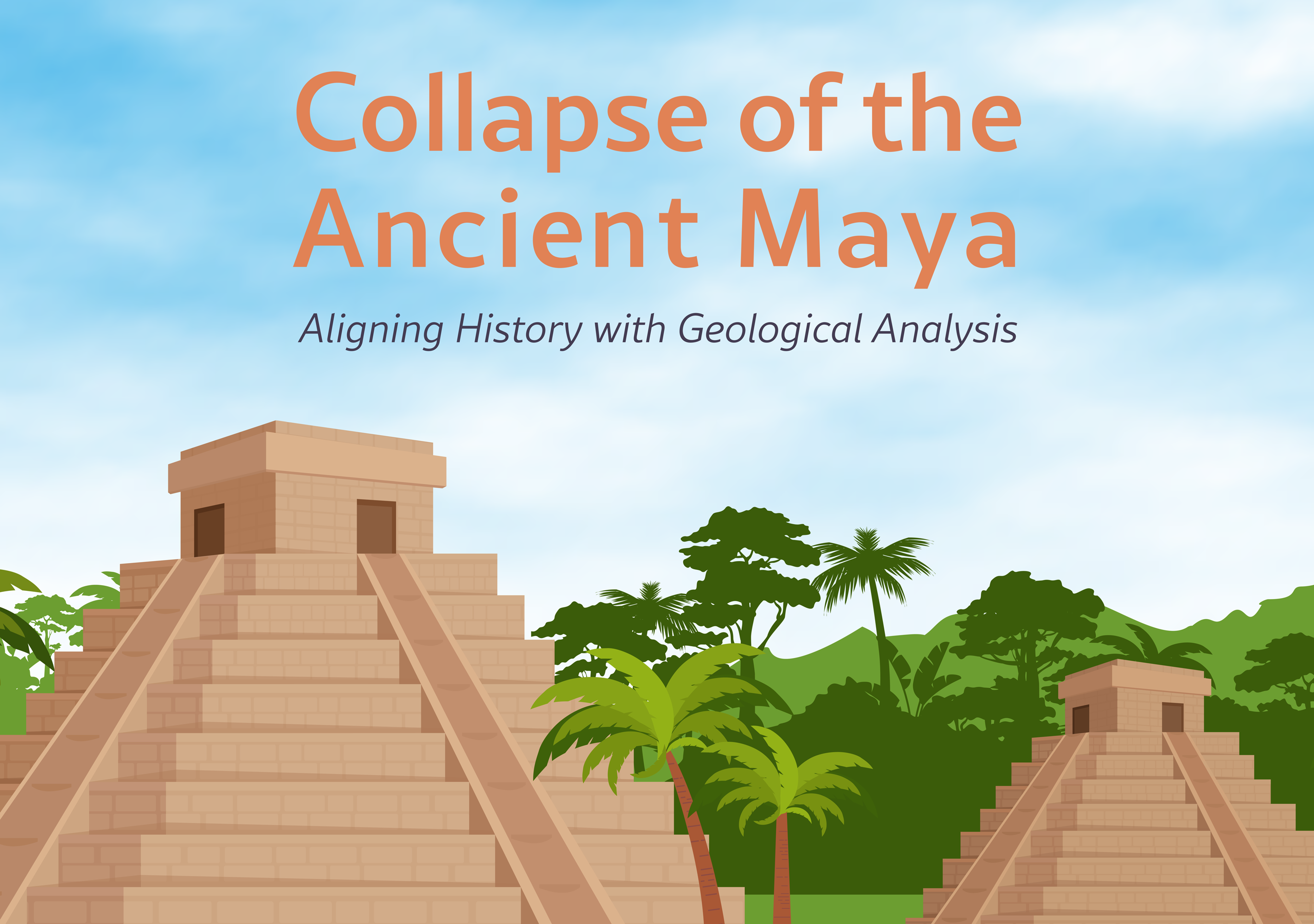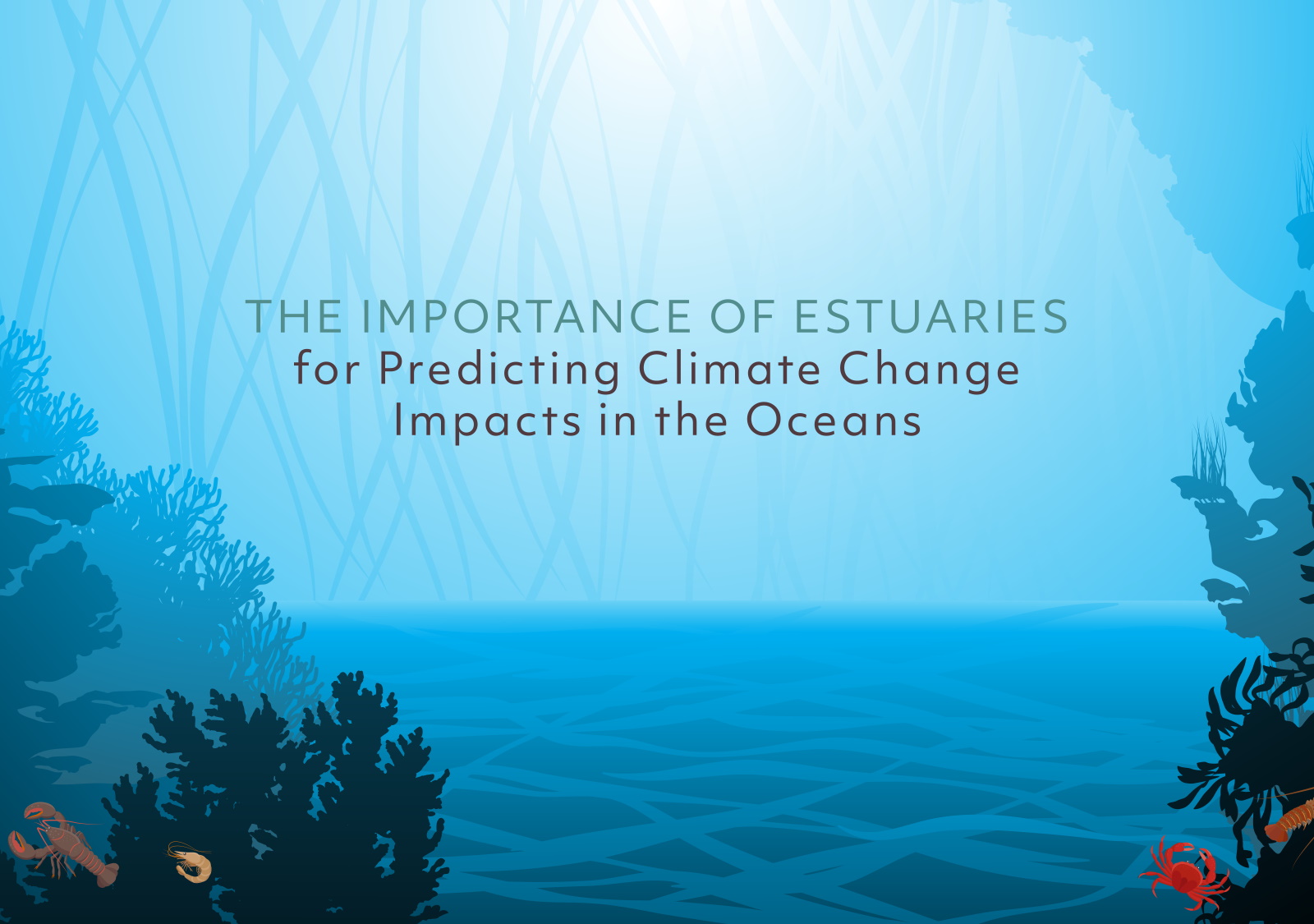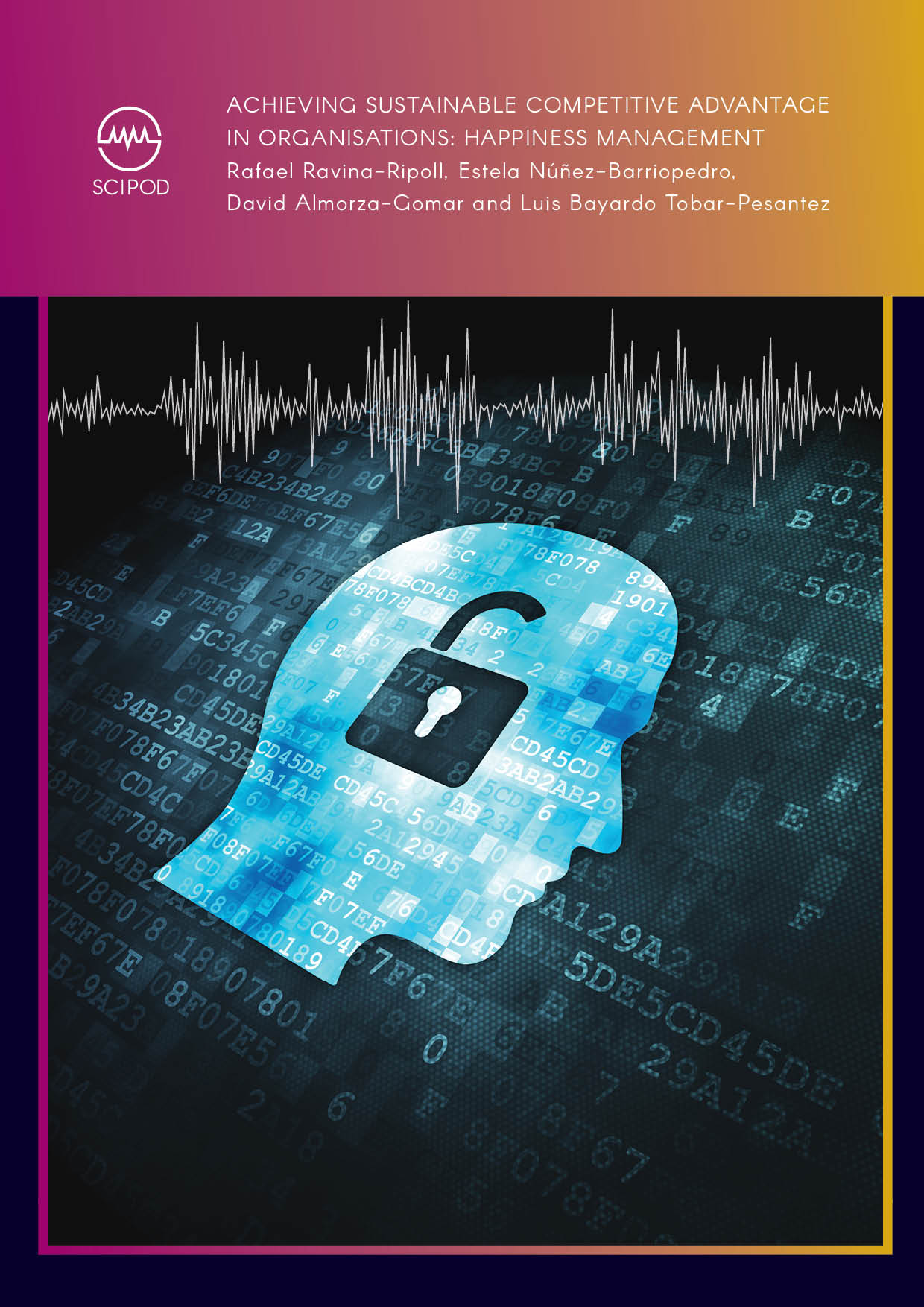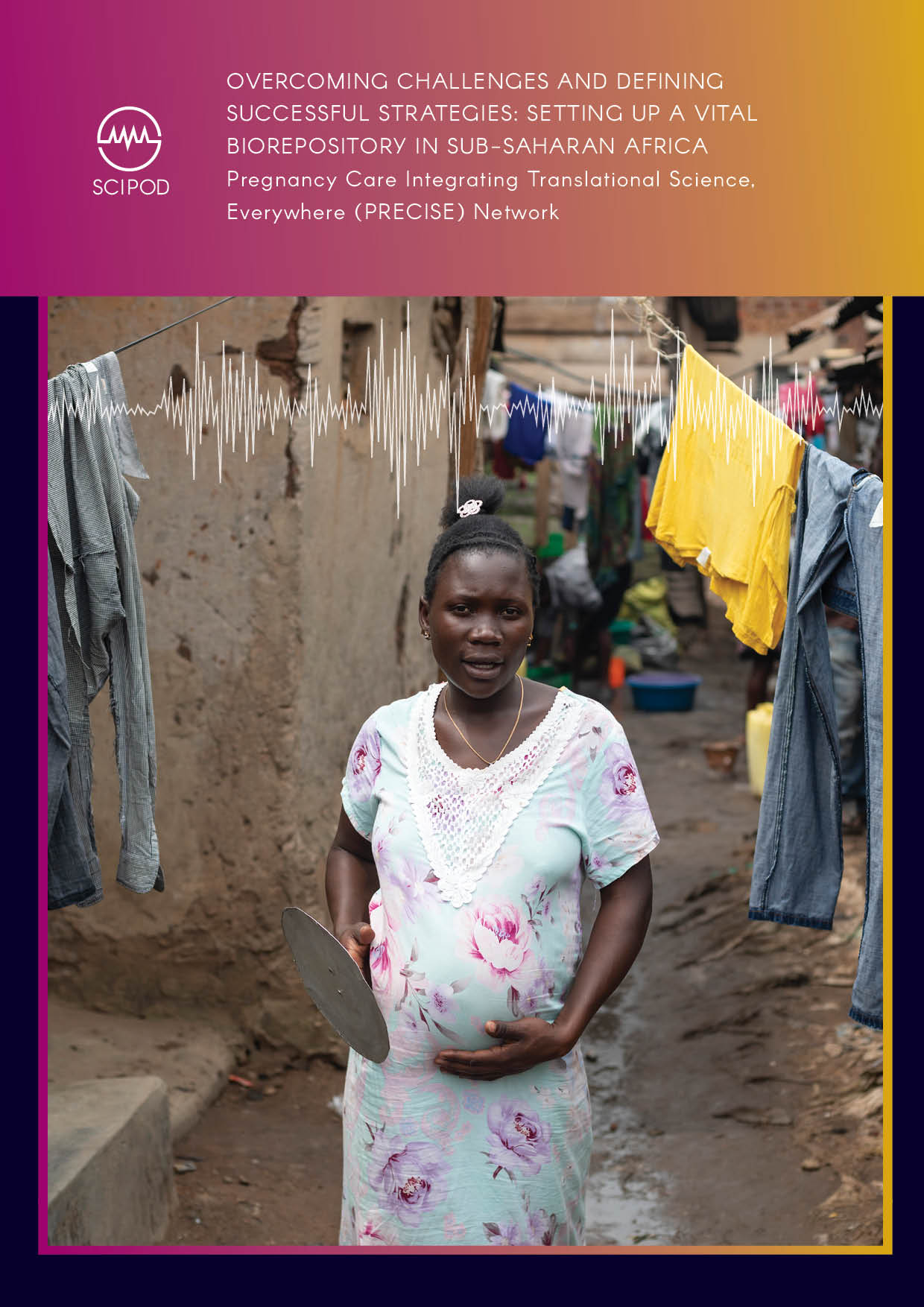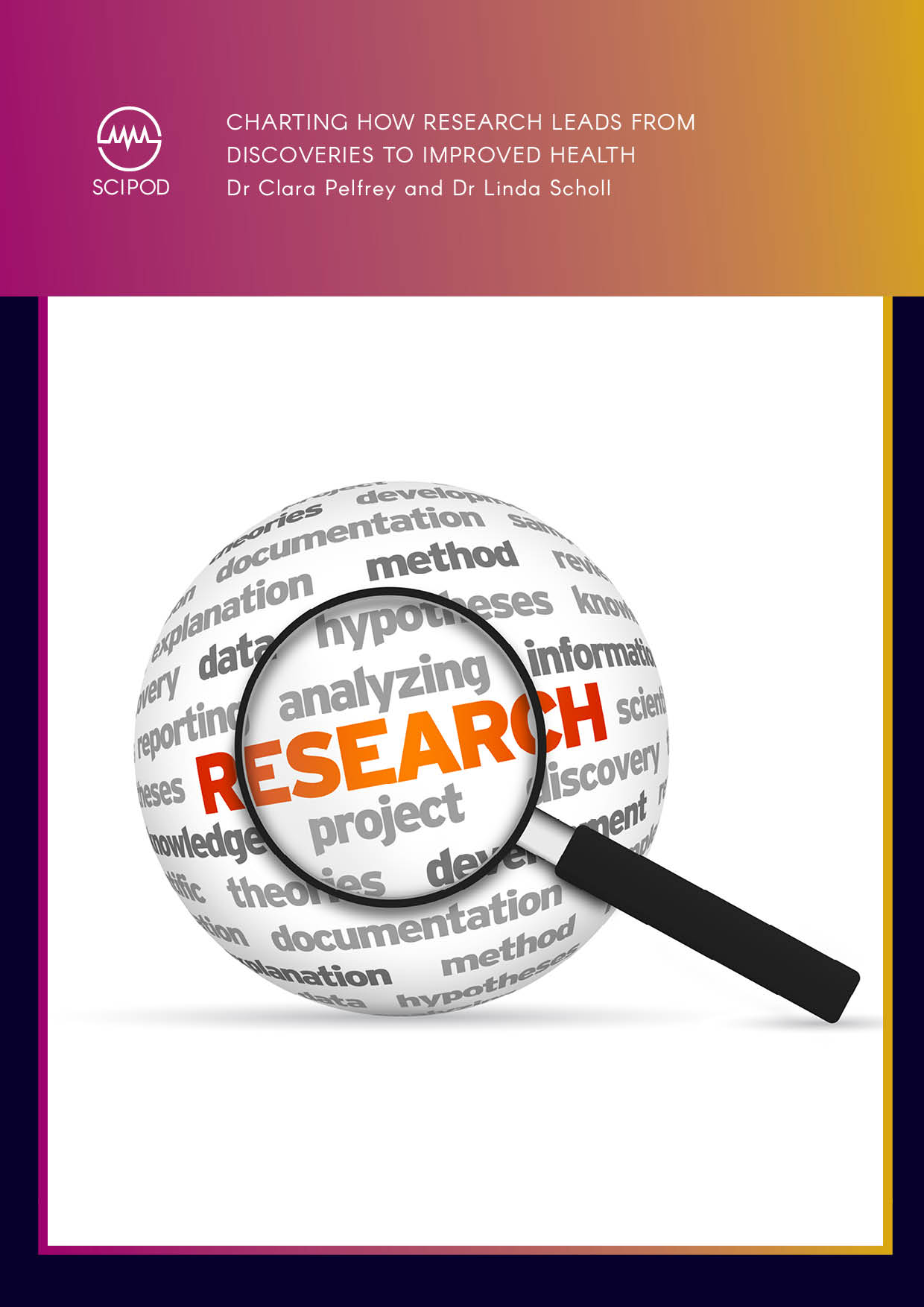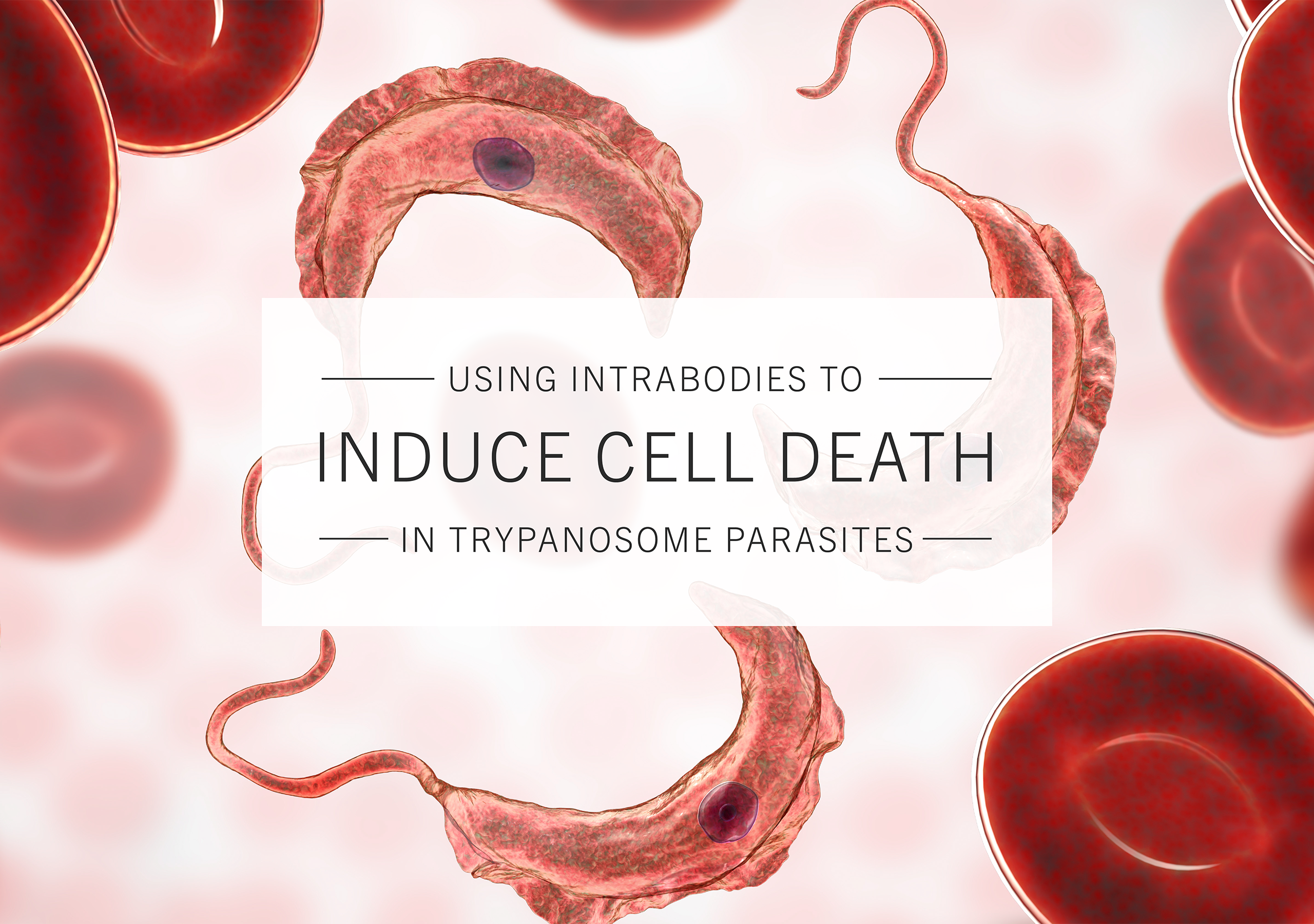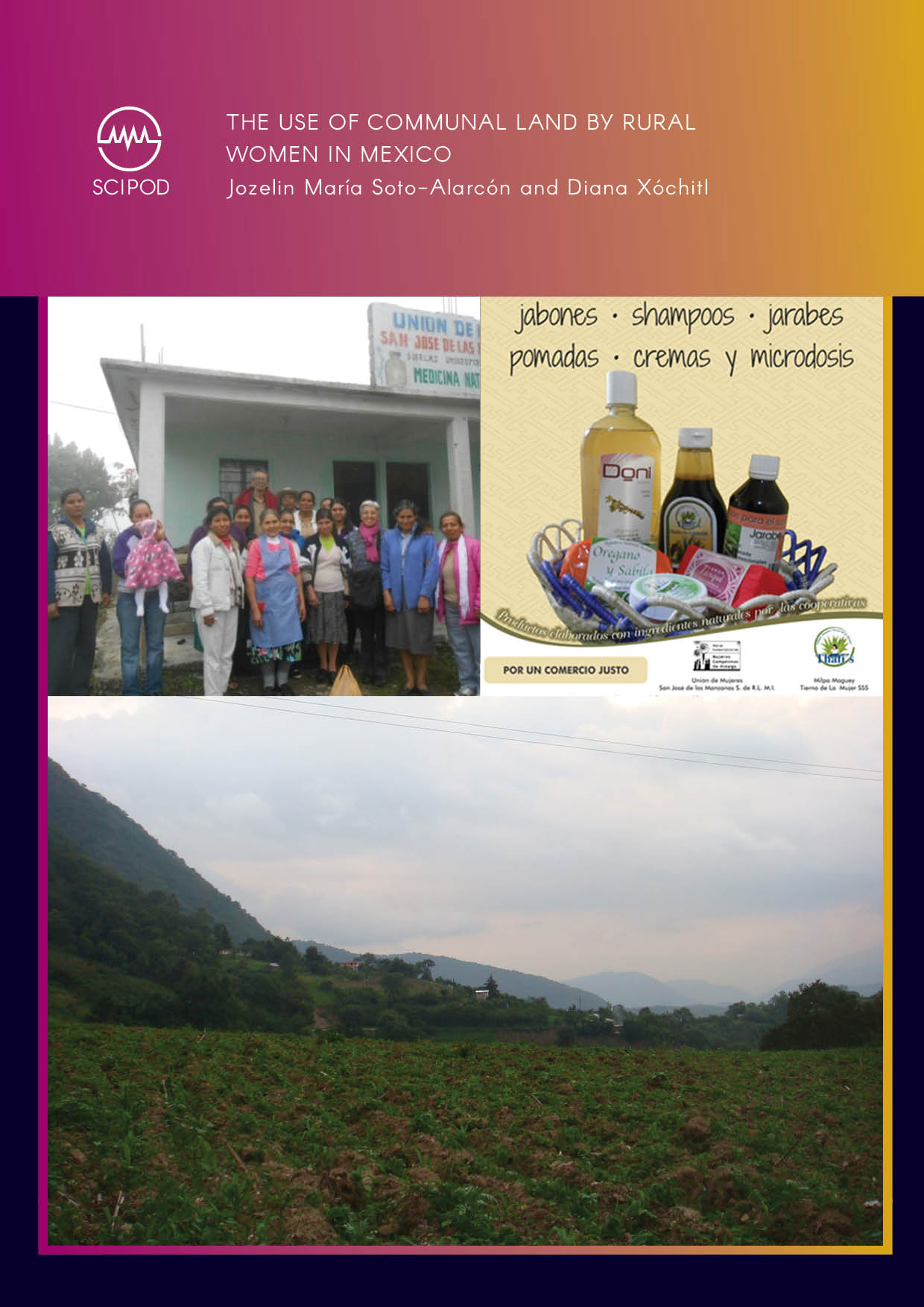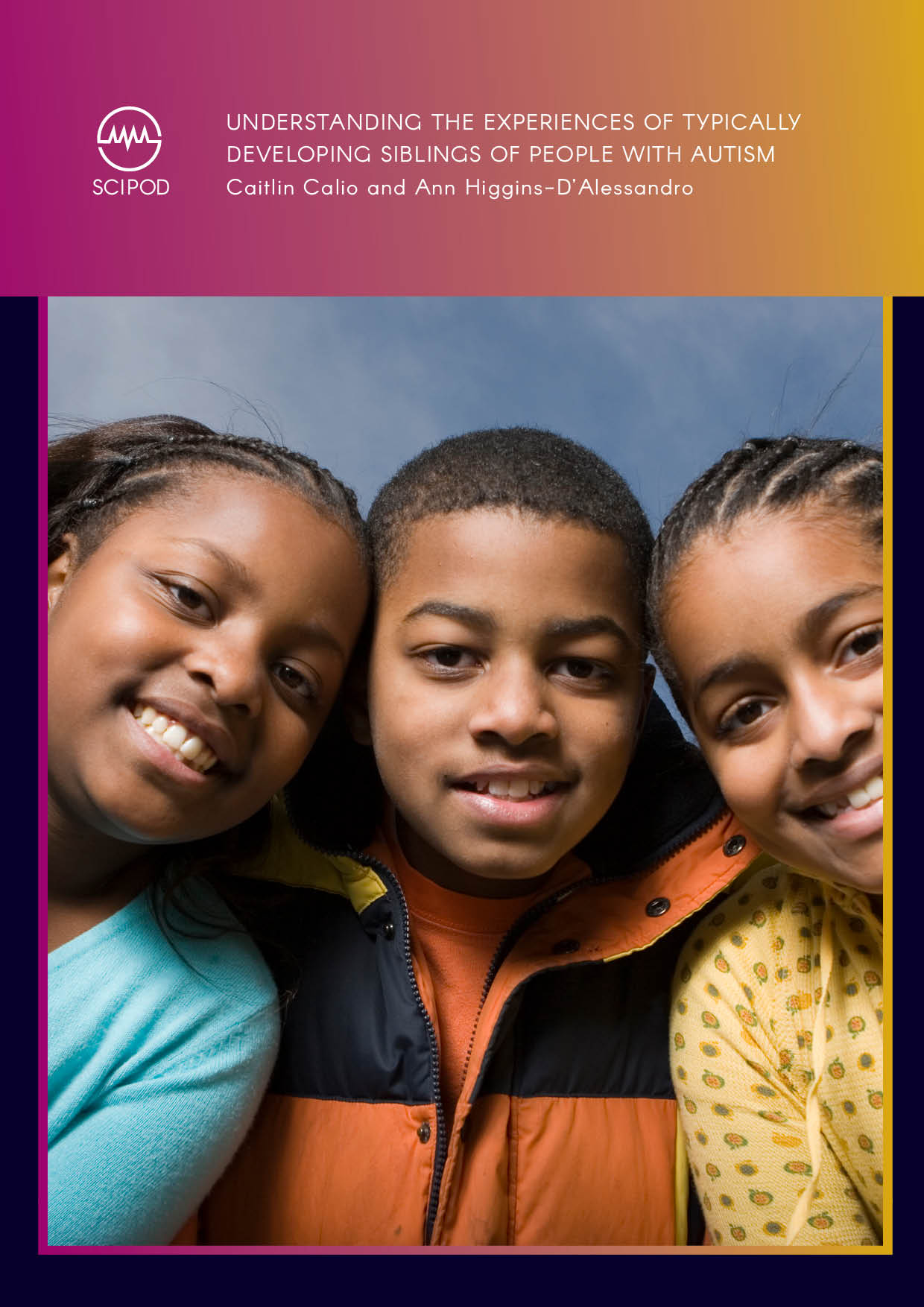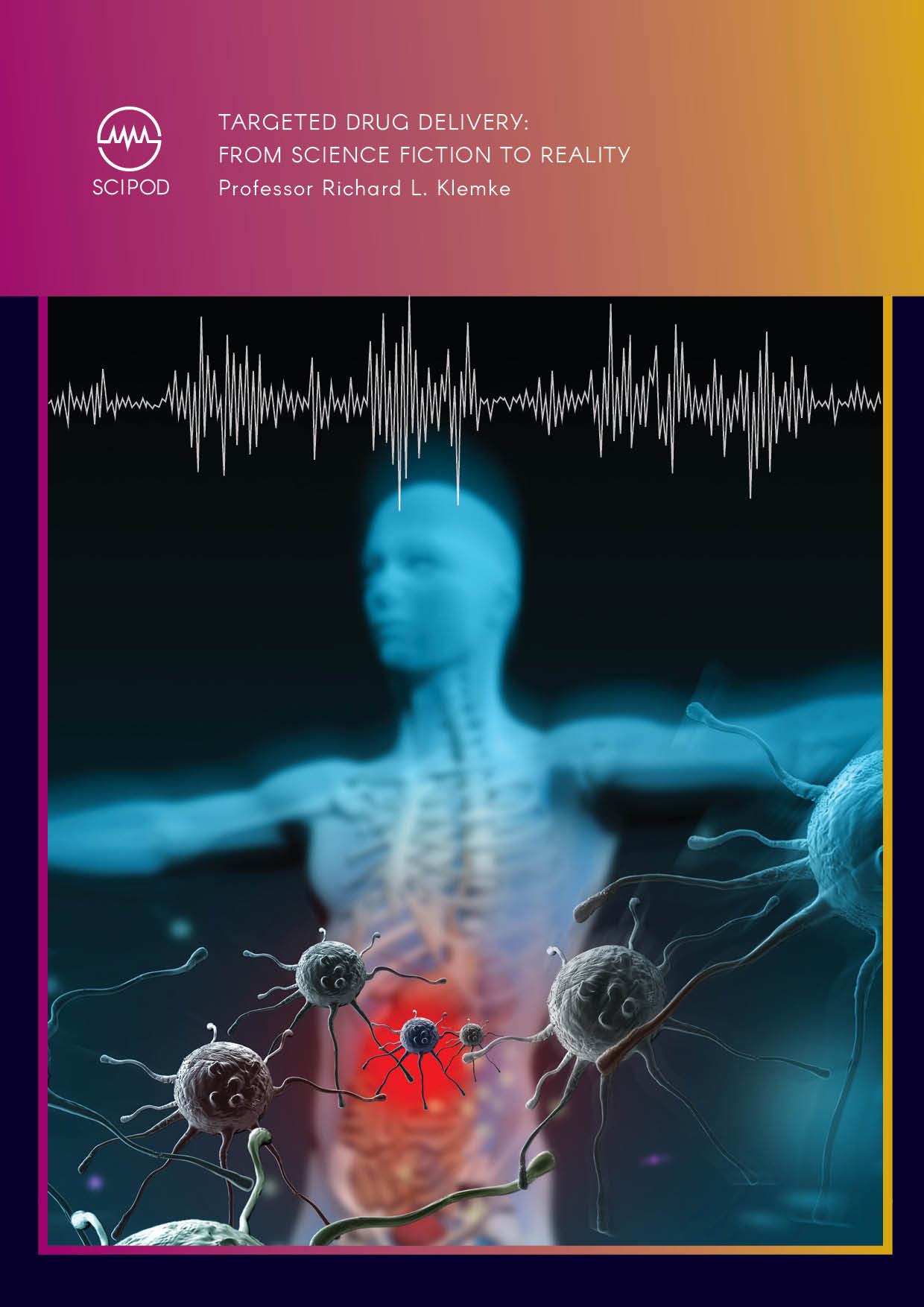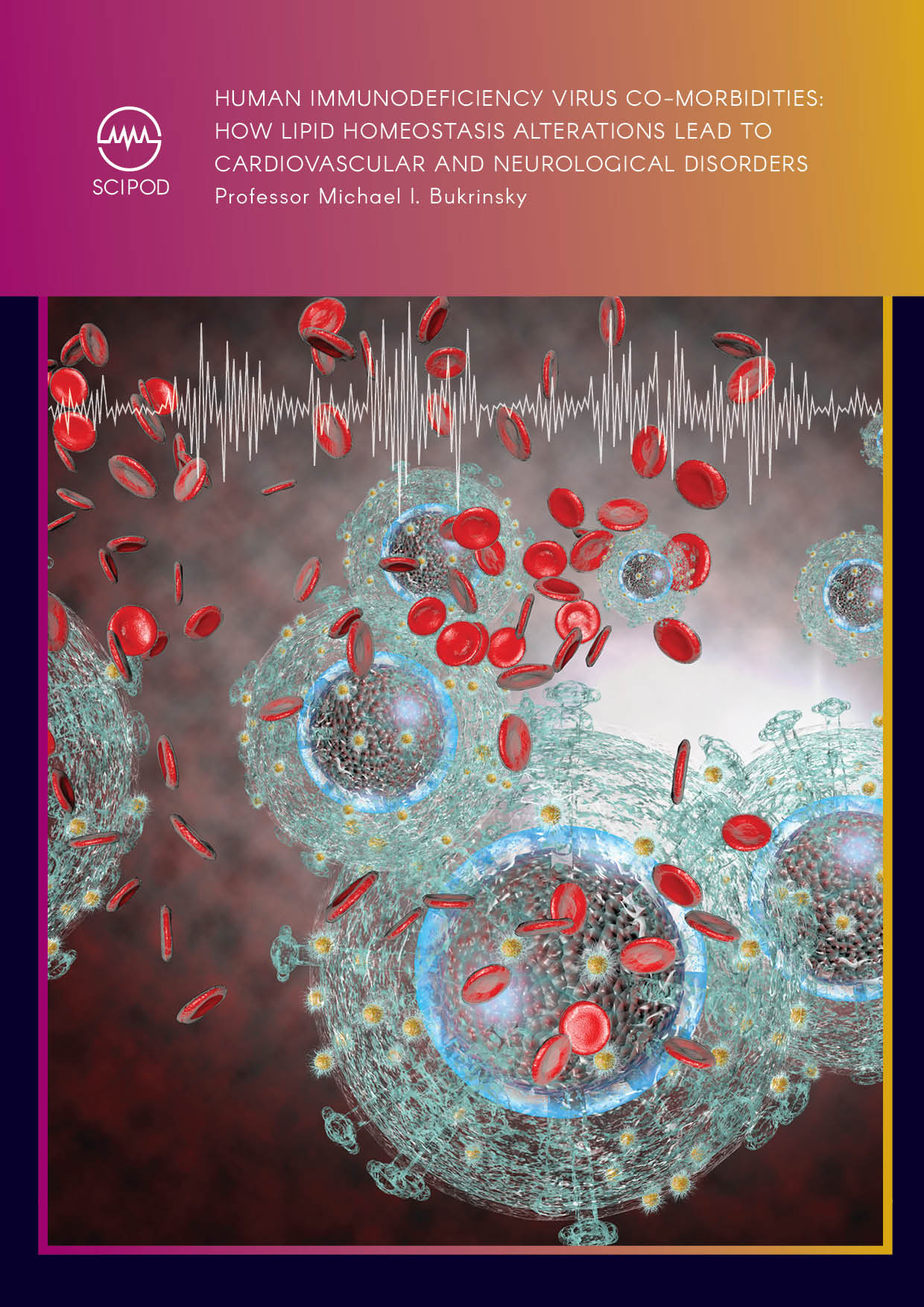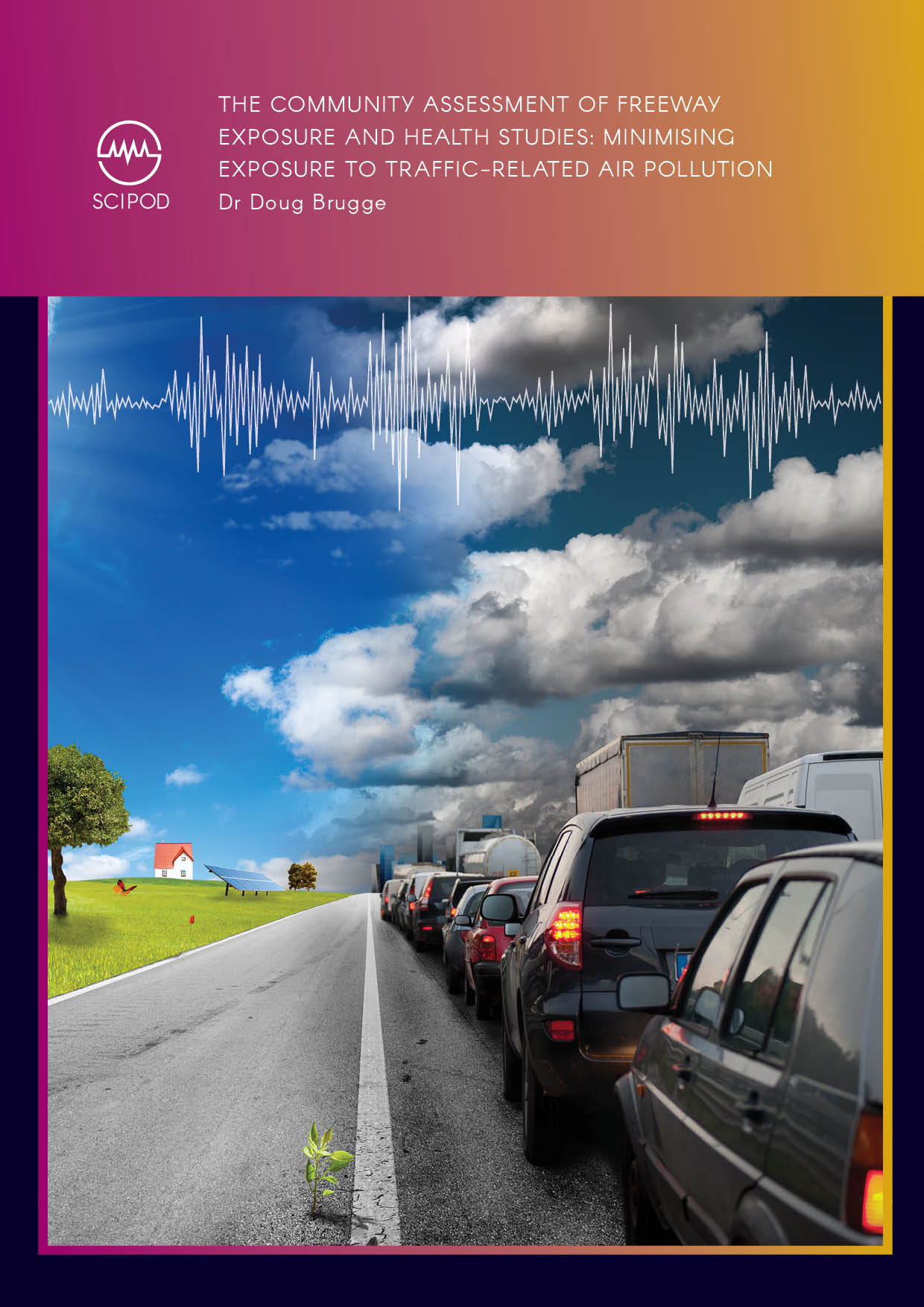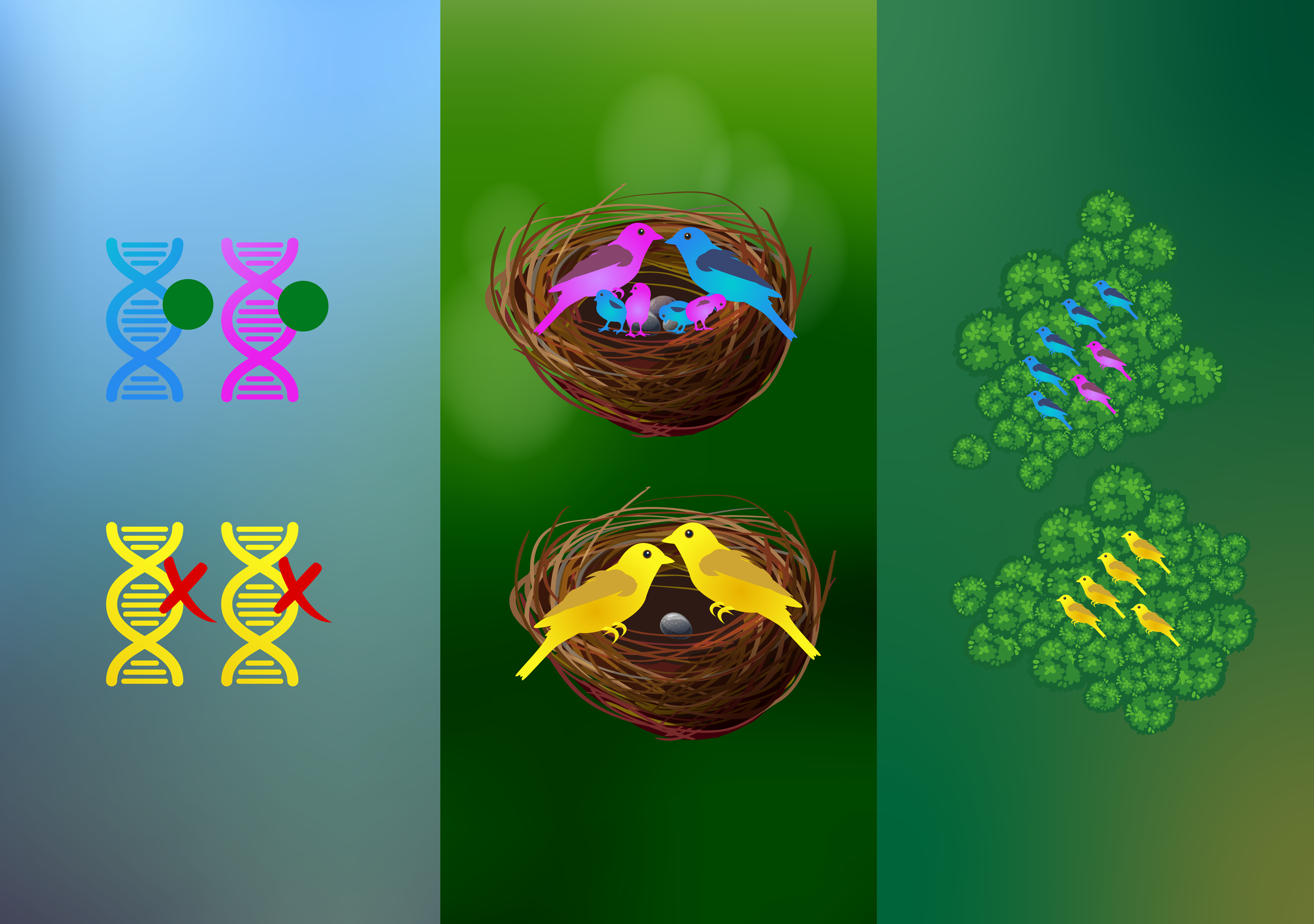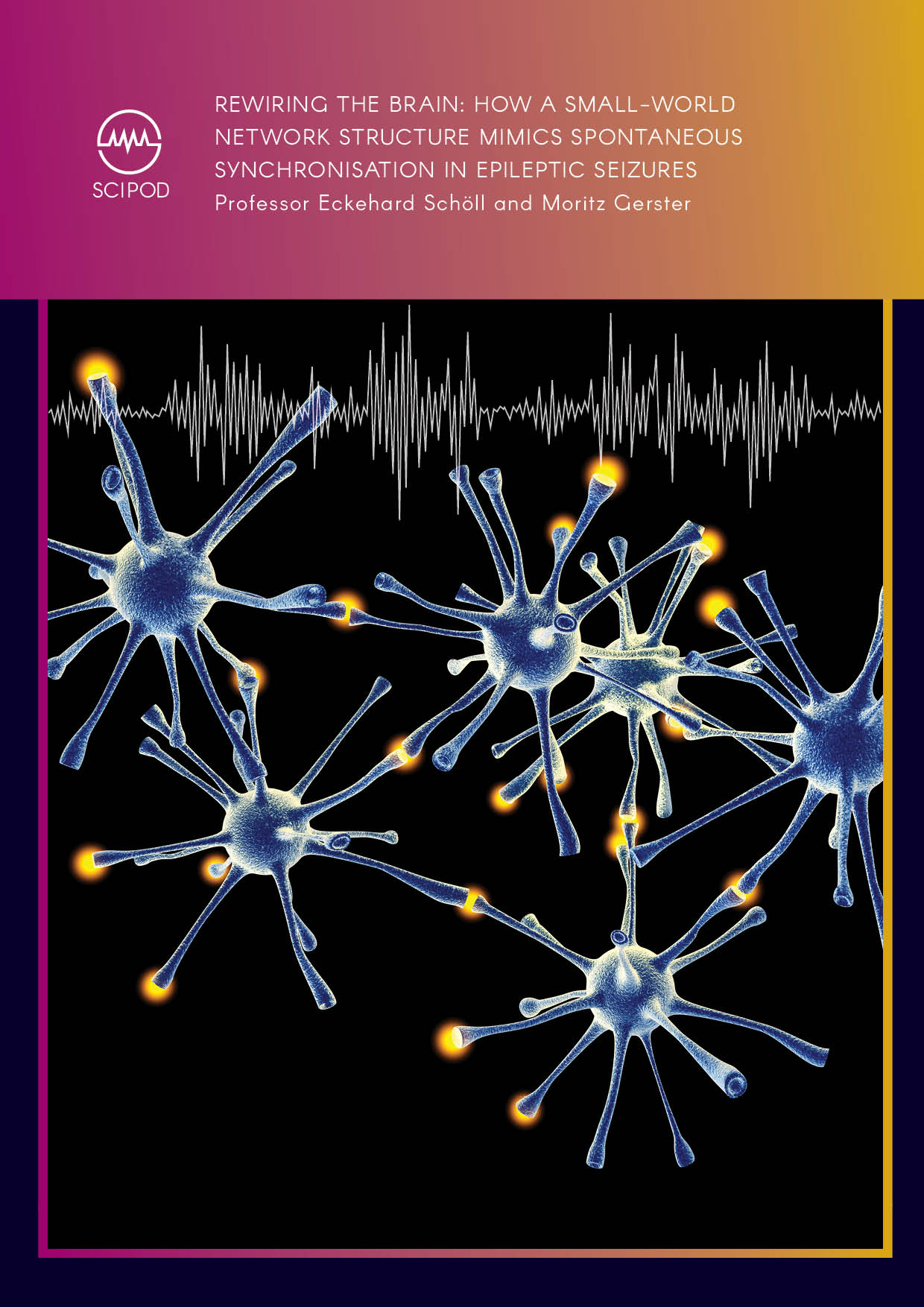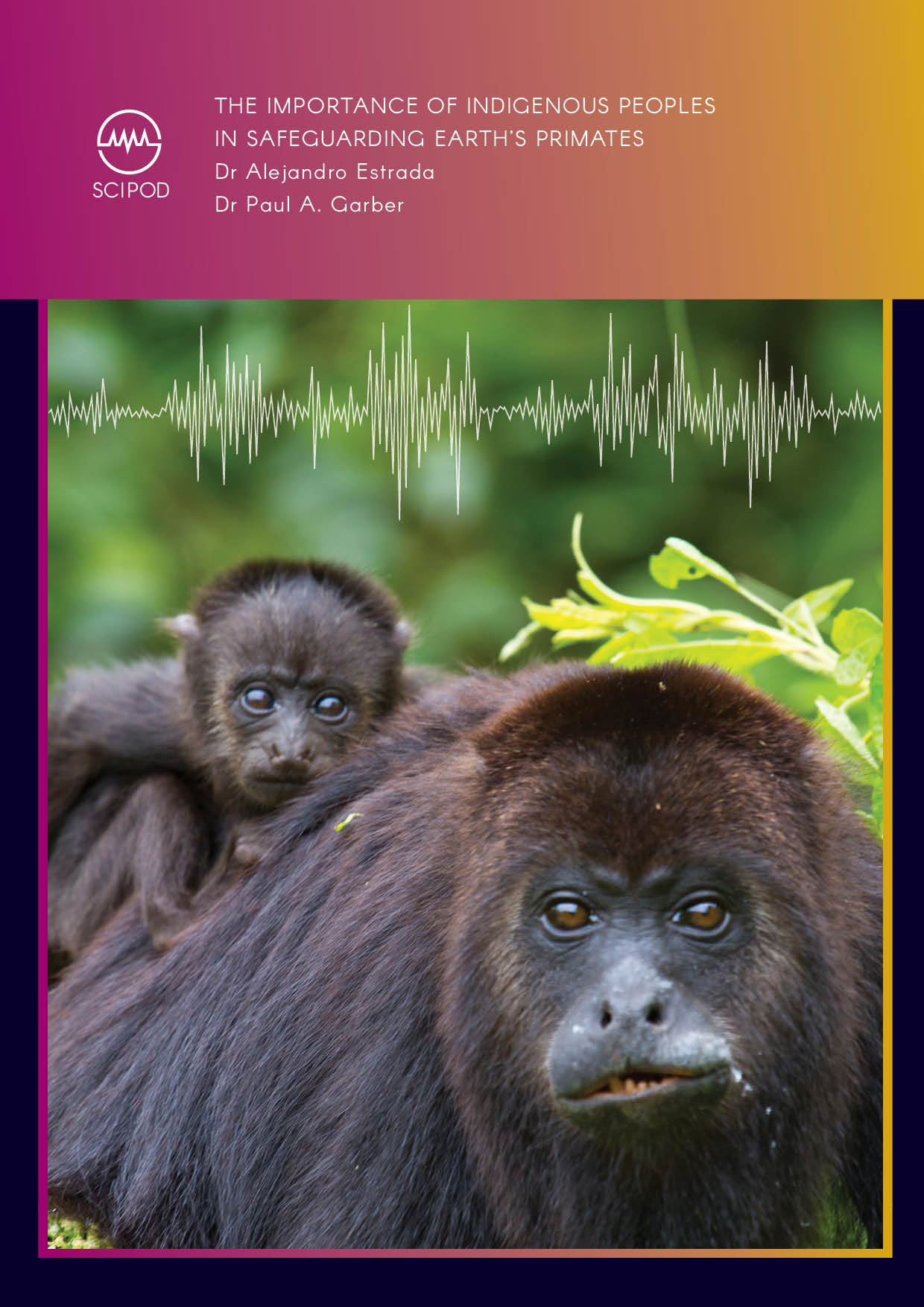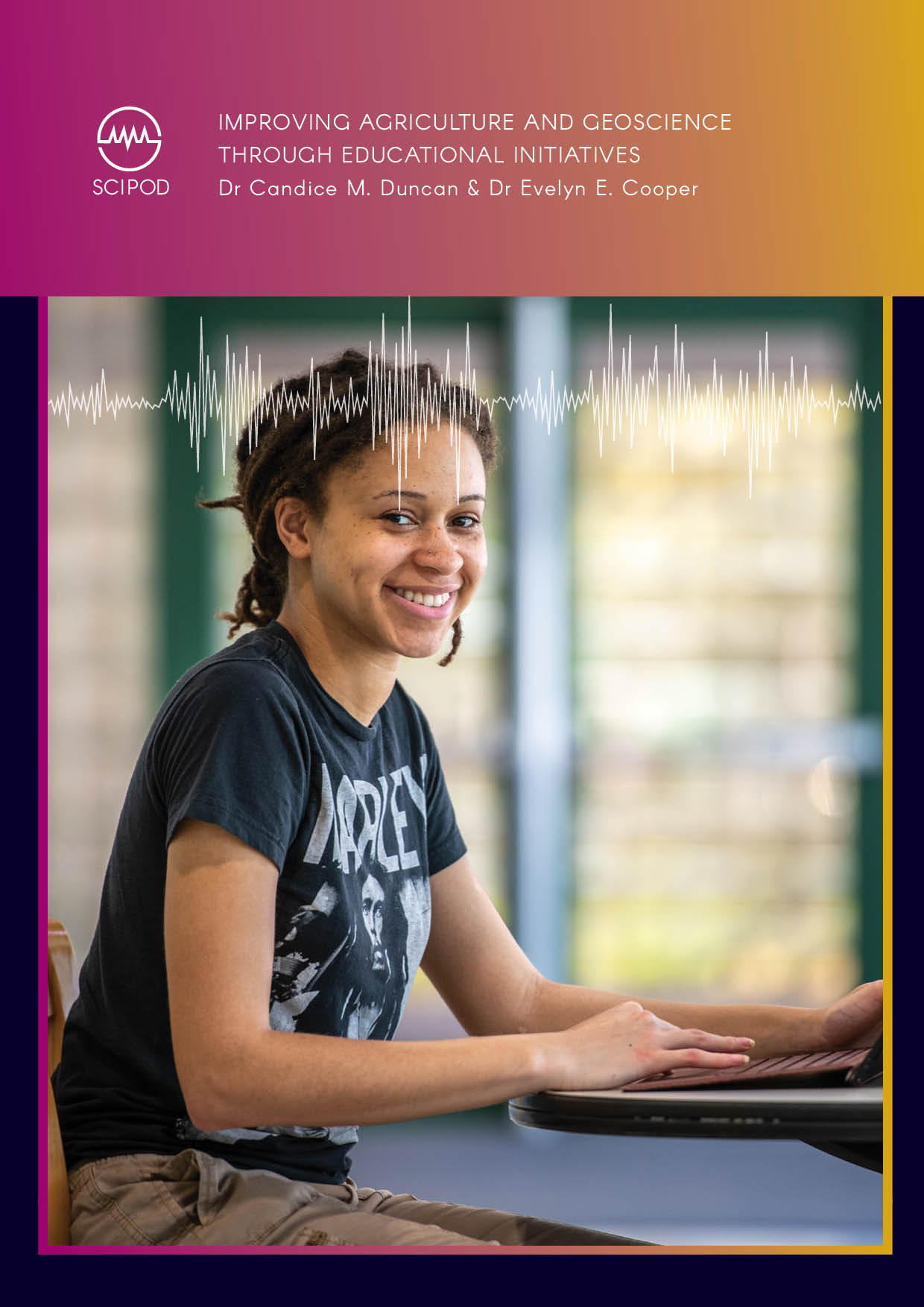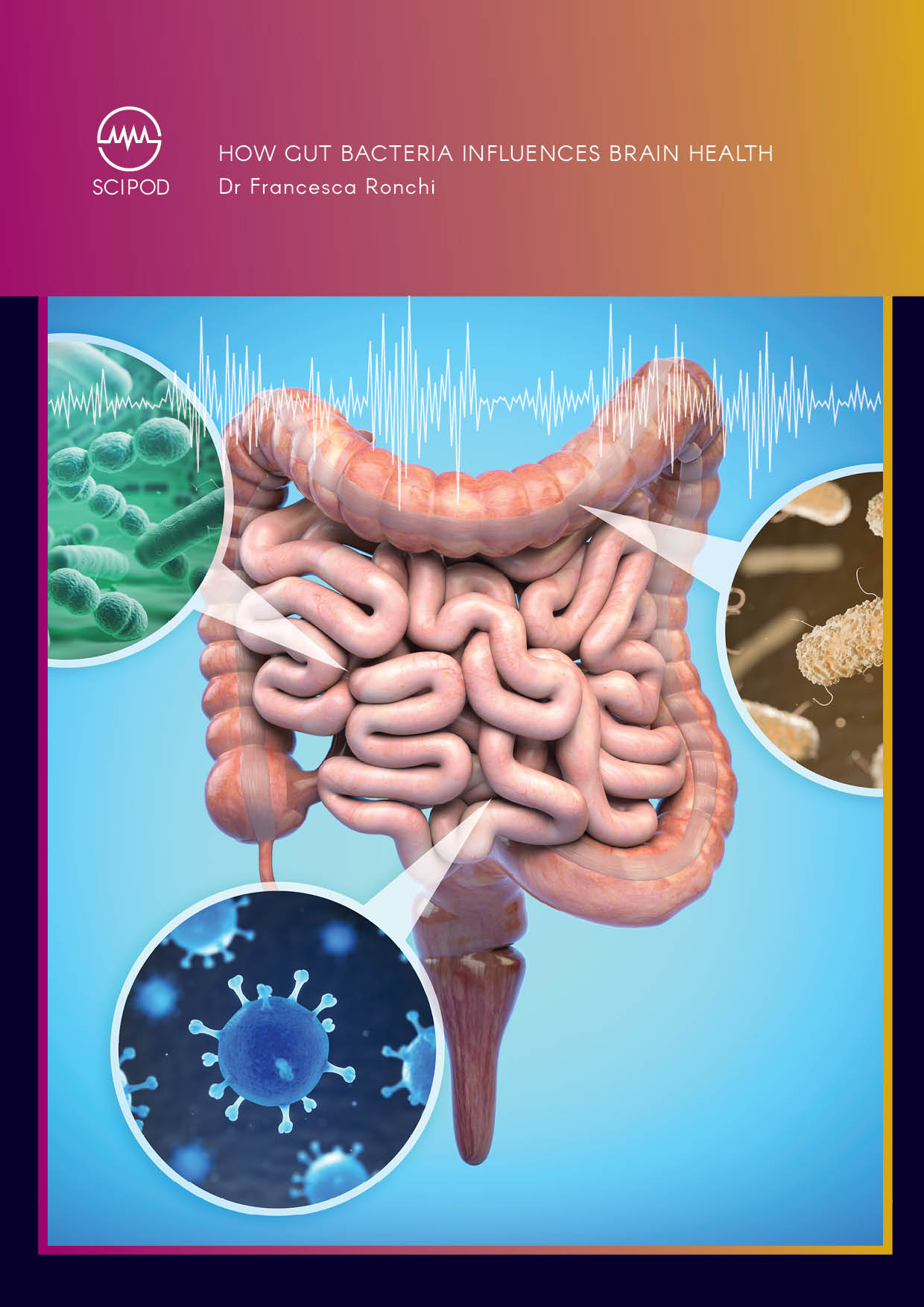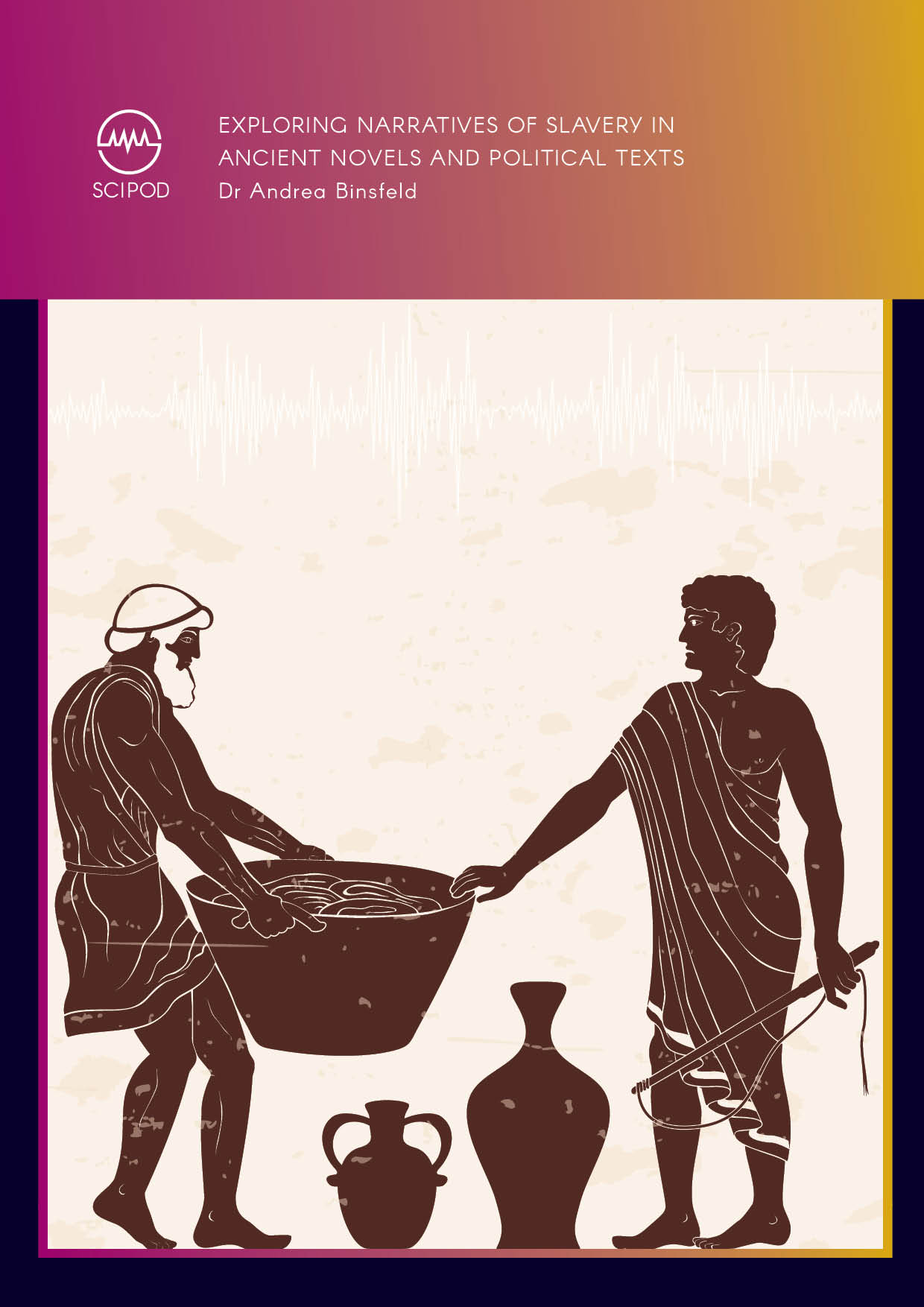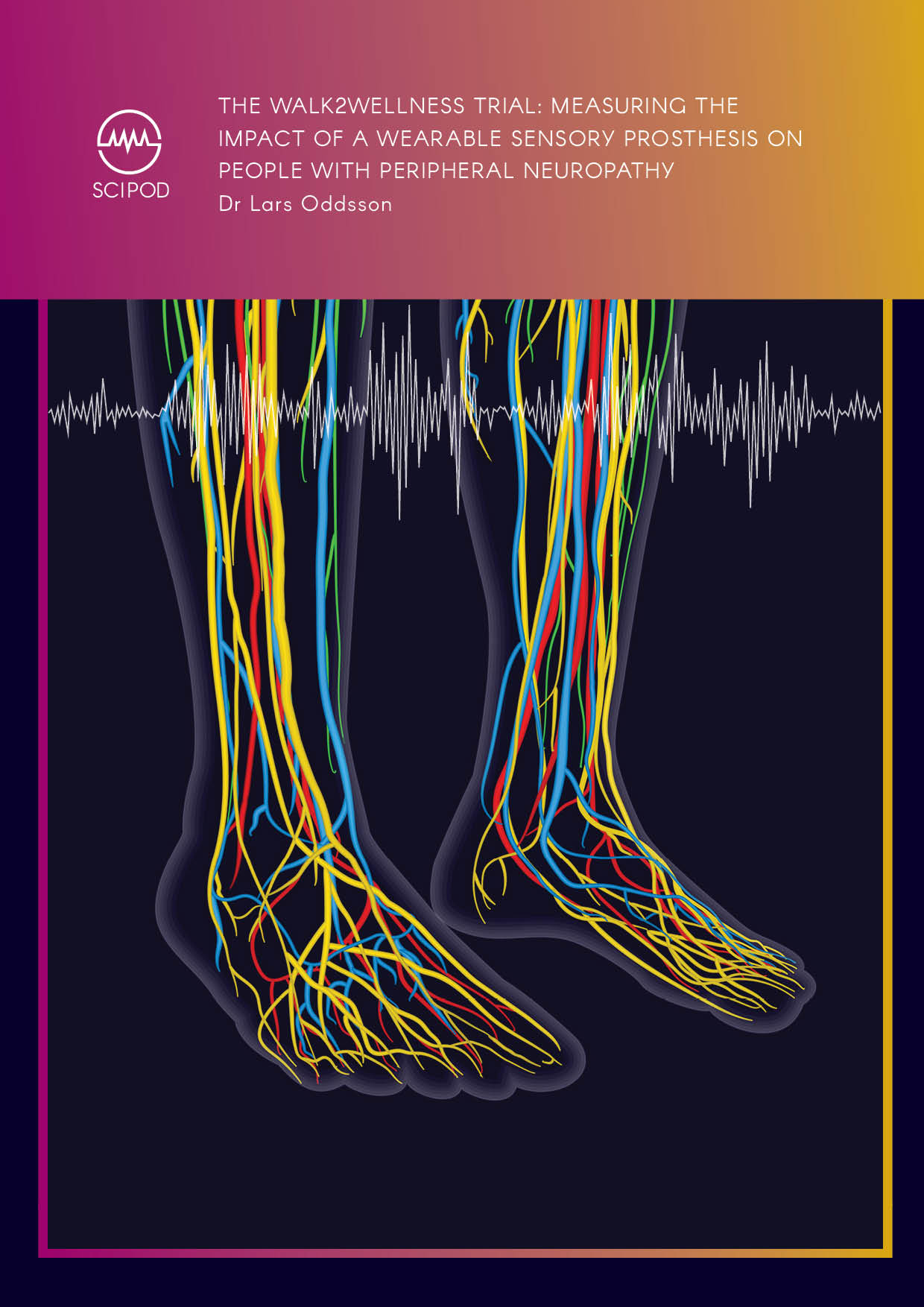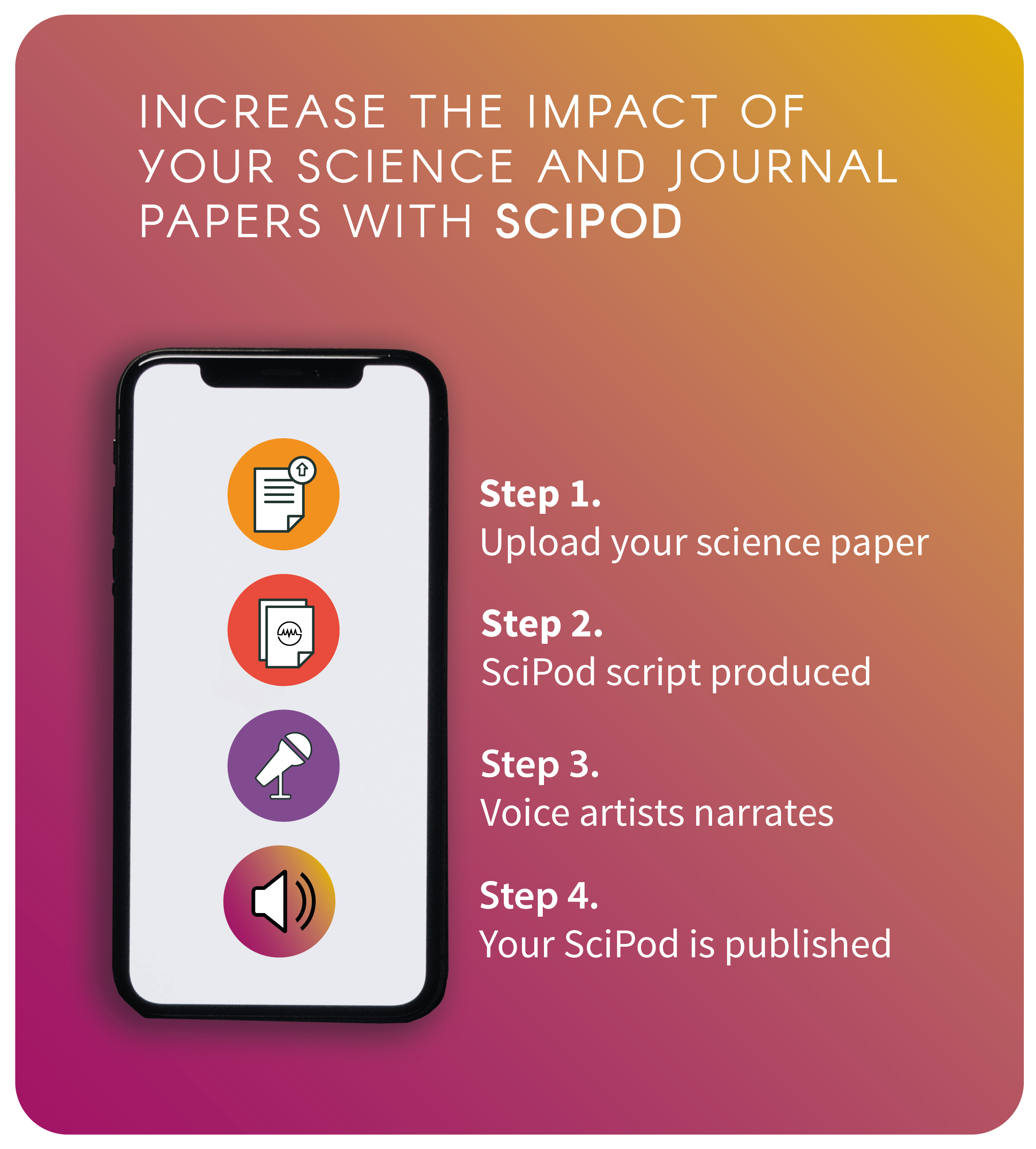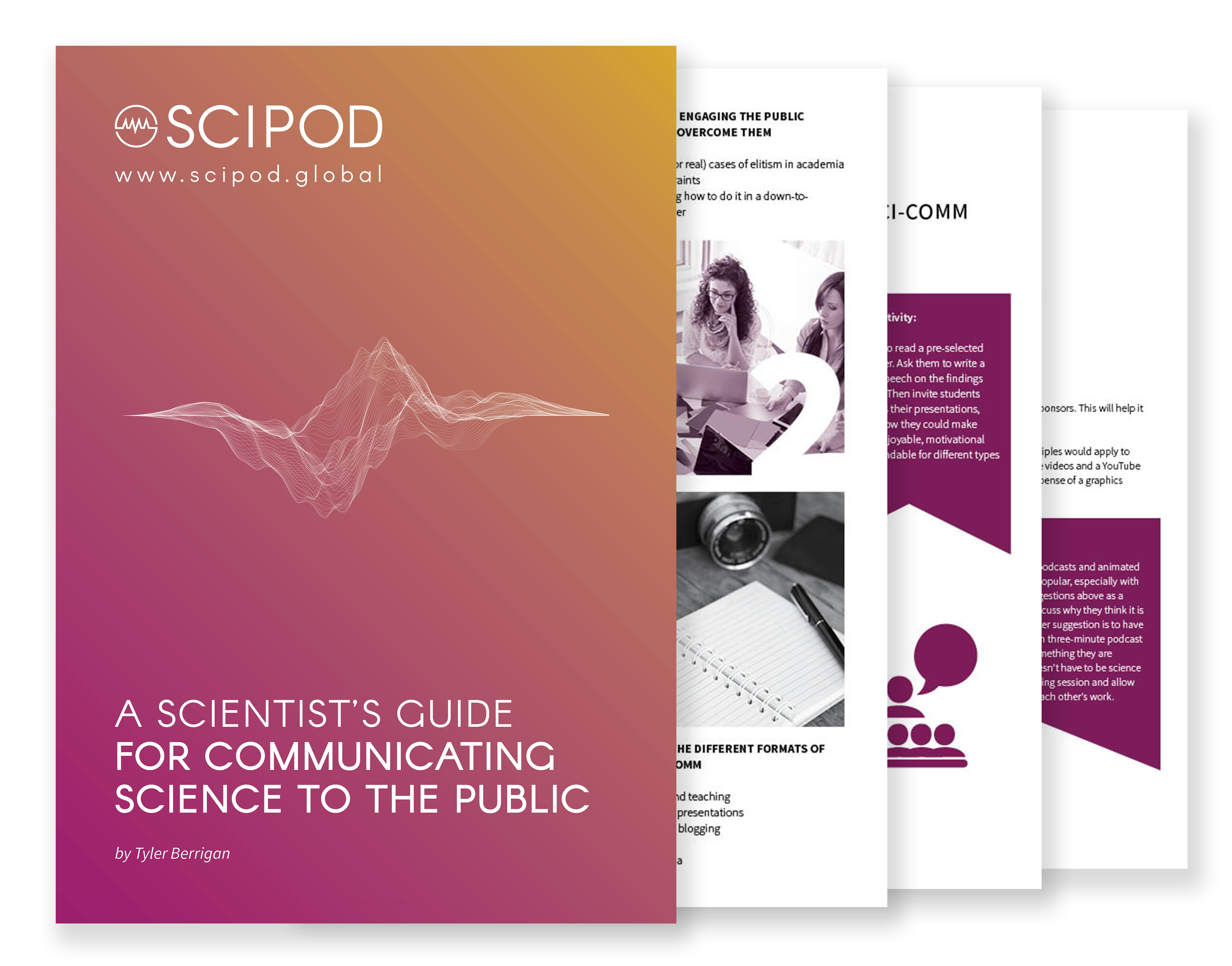Welcome to SciComm Radio
An exclusive interview series with leading scientists and science communicators

Click Below To Listen To A SciPod Radio Episode
Toria Herd | Understanding How Adolescents Respond to Trauma
AudioPod
About this episode
Original Article Reference
This SciPod is a summary of the paper ‘Individual and Social Risk and Protective Factors as Predictors of Trajectories of Post-traumatic Stress Symptoms in Adolescents’, published in Research on Child and Adolescent Psychopathology. DOI: https://doi.org/10.1007/s10802-022-00960-y
This work is licensed under a Creative Commons Attribution 4.0 International License. 
What does this mean?
Share: You can copy and redistribute the material in any medium or format
Adapt: You can change, and build upon the material for any purpose, even commercially.
Credit: You must give appropriate credit, provide a link to the license, and indicate if changes were made.
Increase the impact of your research!
More episodes
Dr Kristin Parent | Bacteriophage Hunting: Searching for the Tiny Viruses That Kill Harmful Bacteria
VideoPod
About this episode
Shigellosis is an infection of the Shigella bacteria with over 164 million cases each year leading to 1.1 million deaths. The ever-increasing antibiotic resistance of the bacteria means we need alternatives or supplements to existing antibiotics. Dr Kristin Parent from Michigan State University is working on exciting, collaborative projects hunting for bacteriophages to be used in novel therapeutics.
Original Article Reference
This video is a summary of https://doi.org/10.33548/SCIENTIA778
This work is licensed under a Creative Commons Attribution 4.0 International License. 
What does this mean?
Share: You can copy and redistribute the material in any medium or format
Adapt: You can change, and build upon the material for any purpose, even commercially.
Credit: You must give appropriate credit, provide a link to the license, and indicate if changes were made.
Increase the impact of your research!
More episodes
Professor Manoj Sharma | The Multi-theory Model (MTM) of Health Behavior Change: Understanding the Determinants of Breast Cancer Screening
AudioPod
About this episode
The multi-theory model (MTM) of health behavior change provides a theoretical framework for understanding and promoting health behaviors. Professor Manoj Sharma from the University of Nevada, Las Vegas, the originator of this model, has applied this model to breast cancer and undertaking mammography screening in women from groups underserved in current healthcare. His findings have important theoretical and practical implications.
Original Article Reference
This SciPod is a summary of the paper ‘Using the Multi-Theory Model (MTM) of Health Behavior Change to Explain the Correlates of Mammography Screening among Asian American Women’, published in Pharmacy, DOI: https://doi.org/10.3390/pharmacy9030126
and
‘A multi-theory model based analysis of correlates for initiating and sustaining mammography screening behavior among Hispanic American women in the United States’ published in Health Promotion Perspectives, DOI: https://doi.org/10.34172/hpp.2022.14
This work is licensed under a Creative Commons Attribution 4.0 International License. 
What does this mean?
Share: You can copy and redistribute the material in any medium or format
Adapt: You can change, and build upon the material for any purpose, even commercially.
Credit: You must give appropriate credit, provide a link to the license, and indicate if changes were made.
Increase the impact of your research!
More episodes
Yuki Fuseya | Exploring Turing Patterns at Atomic Levels
VideoPod
About this episode
Patterns can be found across the entire natural world – from the spots on a leopard’s coat to stripes in mineral deposits deep underground. Such motifs are better known as Turing patterns – named after the famous mathematician and codebreaker, Alan Turing, who proposed the theory behind them. Turing patterns are often found on large scales, but they become much rarer at smaller scales, with very few known examples at microscopic and atomic scales. Aharon Kapitulnik and Yuki Fuseya have revealed a new atomic-scale Turing pattern, which arises in an atom-thick layer of bismuth atoms.
Original Article Reference
This video is a summary of the paper ‘Nanoscale Turing patterns in a bismuth monolayer’, in Nature Physics. https://doi.org/10.1038/s41567-021-01288-y
This work is licensed under a Creative Commons Attribution 4.0 International License. 
What does this mean?
Share: You can copy and redistribute the material in any medium or format
Adapt: You can change, and build upon the material for any purpose, even commercially.
Credit: You must give appropriate credit, provide a link to the license, and indicate if changes were made.
Increase the impact of your research!
More episodes
Sarah Leighton | Can Psychiatric Assistance Dogs Help Military Veterans with Posttraumatic Stress Disorder?
VideoPod
About this episode
Psychiatric assistance dogs trained to help with mental health symptoms have become increasingly popular as a complementary intervention for posttraumatic stress disorder (PTSD). Sarah Leighton and her colleagues from Purdue University and the University of Arizona in the USA are exploring the effectiveness of psychiatric assistance dog partnerships for military veterans with PTSD.

What does this mean?
Share: You can copy and redistribute the material in any medium or format
Adapt: You can change, and build upon the material for any purpose, even commercially.
Credit: You must give appropriate credit, provide a link to the license, and indicate if changes were made.
Increase the impact of your research!
More episodes
Dr Martín Medina-Elizalde | Collapse of the Ancient Maya Civilisation: Aligning History with Geological Analysis
VideoPod
About this episode
Between 800 and 1000 CE, one of the world’s most advanced ancient civilisations underwent a devastating decline. The collapse of ancient Maya society has widely been attributed to a century-long drought; but so far, there have been few efforts to quantify this event, or to equate scientific findings with historical sources. Through new geological and paleoclimatological analyses, Dr Martín Medina-Elizalde at the University of Massachusetts, Amherst has revealed that the climate changes experienced during the drought followed more complex patterns than previously thought. His team’s discoveries could have important implications for predicting our own society’s future.
Original Article Reference
This video is a summary of https://doi.org/10.33548/SCIENTIA825

What does this mean?
Share: You can copy and redistribute the material in any medium or format
Adapt: You can change, and build upon the material for any purpose, even commercially.
Credit: You must give appropriate credit, provide a link to the license, and indicate if changes were made.
Increase the impact of your research!
More episodes
Krti Tallam | The Importance of Estuaries for Predicting Climate Change Impacts in the Oceans
VideoPod
About this episode
Climate change is threatening the world’s marine ecosystems in myriad ways, due to rising temperatures, ocean acidification, and sea-level rise. Another often-overlooked effect is that warmer temperatures and changing weather patterns can alter the transmission of many marine parasites and infectious diseases. Such diseases don’t just impact their host populations, as cascading effects can disrupt entire ocean food webs. Krti Tallam at Stanford University studies the evolution of marine parasites and diseases, along with the broader implications for marine ecology. In a recent review paper, Tallam focuses on critically important ecosystems within intertidal zones.
Original Article Reference
This video is a summary of review ‘Assessing intertidal parasite dynamics in the Anthropecene’.

What does this mean?
Share: You can copy and redistribute the material in any medium or format
Adapt: You can change, and build upon the material for any purpose, even commercially.
Credit: You must give appropriate credit, provide a link to the license, and indicate if changes were made.
Increase the impact of your research!
More episodes
Professor Rafael Ravina-Ripoll – Achieving Sustainable Competitive Advantage in Organisations: Happiness Management
AudioPod
About this episode
Sustainable Development Goal 12 refers to responsible production and consumption. Professor Rafael Ravina-Ripoll at the University of Cádiz in Spain and his colleagues (Luis Bayardo Tobar-Pesantez, Estela Núñez-Barriopedro and David Almorza-Gomar) have addressed a lack of research and understanding in the literature about how management models based on happiness management can help promote sustainable and ethical development in the COVID-19 era.
Original Article Reference
This SciPod is a summary of the paper ‘Happiness Management: A Culture to Explore From Brand Orientation as a Sign of Responsible and Sustainable Production’, published in the open access journal Frontiers in Psychology. DOI: https://doi.org/10.3389/fpsyg.2021.727845
This work is licensed under a Creative Commons Attribution 4.0 International License. 
What does this mean?
Share: You can copy and redistribute the material in any medium or format
Adapt: You can change, and build upon the material for any purpose, even commercially.
Credit: You must give appropriate credit, provide a link to the license, and indicate if changes were made.
Increase the impact of your research!
More episodes
Overcoming Challenges and Defining Successful Strategies: Setting up a Vital Biorepository in Sub-Saharan Africa
AudioPod
About this episode
Original Article Reference
This SciPod is a summary of the paper ‘PRECISE pregnancy cohort: challenges and strategies in setting up a biorepository in sub-Saharan Africa’, from Reproductive Health. DOI: https://doi.org/10.1186/s12978-020-0874-7.
This work is licensed under a Creative Commons Attribution 4.0 International License. 
What does this mean?
Share: You can copy and redistribute the material in any medium or format
Adapt: You can change, and build upon the material for any purpose, even commercially.
Credit: You must give appropriate credit, provide a link to the license, and indicate if changes were made.
Increase the impact of your research!
More episodes
Dr Clara Pelfrey – Dr Linda Scholl | Charting How Research Leads from Discoveries to Improved Health
AudioPod
About this episode
Original Article Reference
This SciPod is a summary of the paper ‘A protocol for retrospective translational science case studies of health interventions’, from the Journal of Clinical and Translational Science. DOI: https://doi.org/10.1017/cts.2020.514.
This work is licensed under a Creative Commons Attribution 4.0 International License. 
What does this mean?
Share: You can copy and redistribute the material in any medium or format
Adapt: You can change, and build upon the material for any purpose, even commercially.
Credit: You must give appropriate credit, provide a link to the license, and indicate if changes were made.
Increase the impact of your research!
More episodes
Professor Derrick Robinson | Using Intrabodies to Induce Cell Death in Trypanosome Parasites
VideoPod
About this episode
Trypanosomes are single-celled parasites that cause life-threatening diseases in humans, domestic livestock and wild animals. In sub-Saharan Africa, infection with a species called Trypanosoma brucei or T.brucei causes African sleeping sickness, which results in organ failure and eventually fatal coma if left untreated. There are limited diagnostic tests and treatments available and much of trypanosome biology remains undiscovered.
Original Article Reference
This video is a summary of ‘Intrabody-Induced Cell Death by Targeting the T. brucei Cytoskeletal Protein TbBILBO1’ published in the journal Microbiology Spectrum. DOI: https://doi.org/10.1128/Spectrum.00915-21

What does this mean?
Share: You can copy and redistribute the material in any medium or format
Adapt: You can change, and build upon the material for any purpose, even commercially.
Credit: You must give appropriate credit, provide a link to the license, and indicate if changes were made.
Increase the impact of your research!
More episodes
Dr Tie-Cheng Guo – Professor Li You | Viewing Quantum Phases with ‘Time Order’
AudioPod
About this episode
Original Article Reference
This SciPod is a summary of the paper ‘Quantum Phases of Time Order in Many-Body Ground States’, from Frontiers in Physics. https://doi.org/10.3389/fphy.2022.847409
This work is licensed under a Creative Commons Attribution 4.0 International License. 
What does this mean?
Share: You can copy and redistribute the material in any medium or format
Adapt: You can change, and build upon the material for any purpose, even commercially.
Credit: You must give appropriate credit, provide a link to the license, and indicate if changes were made.
Increase the impact of your research!
More episodes
Dr Jozelin María Soto-Alarcón – Dr Diana Xóchitl González-Gómez | The Use of Communal Land by Rural Women in Mexico
AudioPod
About this episode
Original Article Reference
This SciPod is a summary of the paper ‘Collective Rural Women Access, Use, and Control Over Communal Land in Mexico: A Post-capitalist Feminist Political Ecology Approach’, published in the open access journal Frontiers. DOI: https://doi.org/10.3389/fsufs.2021.695344
This work is licensed under a Creative Commons Attribution 4.0 International License. 
What does this mean?
Share: You can copy and redistribute the material in any medium or format
Adapt: You can change, and build upon the material for any purpose, even commercially.
Credit: You must give appropriate credit, provide a link to the license, and indicate if changes were made.
Increase the impact of your research!
More episodes
Caitlin Calio – Ann Higgins-D’Alessandro | Understanding the Experiences of Typically Developing Siblings of People with Autism
AudioPod
About this episode
Original Article Reference
“It’s really unexplainable, but everyone here got it:” Analysis of an ASD sibling support group for emerging adults published in Research in Autism Spectrum Disorders. DOI: https://doi.org/10.1016/j.rasd.2021.101857.
This work is licensed under a Creative Commons Attribution 4.0 International License. 
What does this mean?
Share: You can copy and redistribute the material in any medium or format
Adapt: You can change, and build upon the material for any purpose, even commercially.
Credit: You must give appropriate credit, provide a link to the license, and indicate if changes were made.
Increase the impact of your research!
More episodes
Professor Zygmunt Pizlo | How Fundamentals in Physics Can Explain Perception and Cognition
AudioPod
About this episode
Original Article Reference
This SciPod is a summary of the paper ‘Unifying Physics and Psychophysics on the Basis of Symmetry, Least-Action ≈ Simplicity Principle, and Conservation Laws ≈ Veridicality’, published in The American Journal of Psychology.
This work is licensed under a Creative Commons Attribution 4.0 International License. 
What does this mean?
Share: You can copy and redistribute the material in any medium or format
Adapt: You can change, and build upon the material for any purpose, even commercially.
Credit: You must give appropriate credit, provide a link to the license, and indicate if changes were made.
Increase the impact of your research!
More episodes
Sarah Leighton | Can Assistance Dogs Help Military Veterans with Posttraumatic Stress Disorder?
AudioPod
About this episode
Original Article Reference
This SciPod is a summary of the paper ‘Assistance dogs for military veterans with PTSD: A systematic review, meta-analysis, and meta-synthesis’, published in PLoS ONE. DOI: https://doi.org/10.1371/journal.pone.0274960
This work is licensed under a Creative Commons Attribution 4.0 International License. 
What does this mean?
Share: You can copy and redistribute the material in any medium or format
Adapt: You can change, and build upon the material for any purpose, even commercially.
Credit: You must give appropriate credit, provide a link to the license, and indicate if changes were made.
Increase the impact of your research!
More episodes
Professor Richard Klemke | Targeted Drug Delivery: From Science Fiction to Reality
AudioPod
About this episode
Original Article Reference
This SciPod is a summary of https://doi.org/10.33548/SCIENTIA836
This work is licensed under a Creative Commons Attribution 4.0 International License. 
What does this mean?
Share: You can copy and redistribute the material in any medium or format
Adapt: You can change, and build upon the material for any purpose, even commercially.
Credit: You must give appropriate credit, provide a link to the license, and indicate if changes were made.
Increase the impact of your research!
More episodes
Professor Michael Bukrinsky | Human Immunodeficiency Virus Co-morbidities: How Lipid Homeostasis Alterations Lead to Cardiovascular and Neurological Disorders
AudioPod
About this episode
Although human immunodeficiency virus (HIV) is still prevalent worldwide, life-saving antiretroviral drugs can now prevent an infection from progressing into acquired immunodeficiency syndrome (AIDS). Nevertheless, people who are HIV-positive are still at increased risk of developing neurological disorders and cardiovascular diseases, known as co-morbidities. Professor Michael Bukrinsky from the George Washington University in Washington DC works to understand the underlying biological mechanisms that lead to these disorders. His research has produced interesting results that demonstrate the role of altered lipid (cholesterol) homeostasis in HIV-infected cells and how this comes to pass.
Original Article Reference
This SciPod is a summary of https://doi.org/10.33548/SCIENTIA836
This work is licensed under a Creative Commons Attribution 4.0 International License. 
What does this mean?
Share: You can copy and redistribute the material in any medium or format
Adapt: You can change, and build upon the material for any purpose, even commercially.
Credit: You must give appropriate credit, provide a link to the license, and indicate if changes were made.
Increase the impact of your research!
More episodes
Dr Doug Brugge | The Community Assessment of Freeway Exposure and Health Studies: Minimising Exposure to Traffic-related Air Pollution
AudioPod
About this episode
People who live close to busy roads and highways are exposed to high levels of traffic-related air pollution. This puts them at risk of significant health difficulties such as high blood pressure, heart attacks and cancer. The Community Assessment of Freeway Exposure and Health Studies led by Dr Doug Brugge from the University of Connecticut represent community-engaged research into the biological impact of high exposure to pollution and importantly, possible solutions to this. This work has shown that high-efficiency particulate arrestance filters are one promising intervention for minimising exposure to pollution and thus improving health.
Original Article Reference
This SciPod is a summary of https://doi.org/10.33548/SCIENTIA837
This work is licensed under a Creative Commons Attribution 4.0 International License. 
What does this mean?
Share: You can copy and redistribute the material in any medium or format
Adapt: You can change, and build upon the material for any purpose, even commercially.
Credit: You must give appropriate credit, provide a link to the license, and indicate if changes were made.
Increase the impact of your research!
More episodes
Professor Valerii Vinokur – Professor Anna Razumnaya – Professor Igor Lukyanchuk | Reinventing the Capacitor
VideoPod
About this episode

What does this mean?
Share: You can copy and redistribute the material in any medium or format
Adapt: You can change, and build upon the material for any purpose, even commercially.
Credit: You must give appropriate credit, provide a link to the license, and indicate if changes were made.
Increase the impact of your research!
More episodes
Dr Alexandra (Sasha) Pavlova – Professor Paul Sunnucks | Genetic Rescue Saves Species from Extinction
VideoPod
About this episode
When a species’ habitat shrinks, its populations decline. Individuals that persist in remaining islands of habitat have no choice but to breed with their relatives, reducing the health and fertility of their offspring. Researchers at Monash University seek to increase genetic diversity in small populations, helping them rebound. They have established ‘genetic rescue’ methods to save many endangered species from extinction, collaborating with wildlife agencies to test solutions.

What does this mean?
Share: You can copy and redistribute the material in any medium or format
Adapt: You can change, and build upon the material for any purpose, even commercially.
Credit: You must give appropriate credit, provide a link to the license, and indicate if changes were made.
Increase the impact of your research!
More episodes
Professor Eckehard Schöll | Moritz Gerster – Rewiring the Brain: How a Small-world Network Structure Mimics Spontaneous Synchronisation in Epileptic Seizures
AudioPod
About this episode
Original Article Reference
This SciPod is a summary of the paper ‘FitzHugh–Nagumo oscillators on complex networks mimic epileptic-seizure-related synchronization phenomena’, by Moritz Gerster, Rico Berner, Jakub Sawicki, Anna Zakharova, Antonín Škoch, Jaroslav Hlinka, Klaus Lehnertz and Eckehard Schöll, published in Chaos 30, 123130 (2020), https://doi.org/10.1063/5.0021420.
This work is licensed under a Creative Commons Attribution 4.0 International License. 
What does this mean?
Share: You can copy and redistribute the material in any medium or format
Adapt: You can change, and build upon the material for any purpose, even commercially.
Credit: You must give appropriate credit, provide a link to the license, and indicate if changes were made.
Increase the impact of your research!
More episodes
Dr Alejandro Estrada and Dr Paul A. Garber | The Importance of Indigenous Peoples in Safeguarding Earth’s Primates
AudioPod
About this episode
Original Article Reference
This SciPod is a summary of the paper ‘Global importance of indigenous peoples, their lands, and knowledge systems for saving the world’s primates from extinction’ in Science Advances, 2022. https://doi.org/10.1126/sciadv.abn2927
This work is licensed under a Creative Commons Attribution 4.0 International License. 
What does this mean?
Share: You can copy and redistribute the material in any medium or format
Adapt: You can change, and build upon the material for any purpose, even commercially.
Credit: You must give appropriate credit, provide a link to the license, and indicate if changes were made.
Increase the impact of your research!
More episodes
Dr Evelyn Cooper | Dr Candice Duncan – Improving Agriculture and Geoscience through Educational Initiatives
AudioPod
About this episode
Original Article Reference
This SciPod is a summary of https://doi.org/10.33548/SCIENTIA824
This work is licensed under a Creative Commons Attribution 4.0 International License. 
What does this mean?
Share: You can copy and redistribute the material in any medium or format
Adapt: You can change, and build upon the material for any purpose, even commercially.
Credit: You must give appropriate credit, provide a link to the license, and indicate if changes were made.
Increase the impact of your research!
More episodes
Do European Citizens Accept EU and National Policies Equally?
VideoPod
About this episode
Following the global financial crisis of 2007 and 2008, a related economic emergency known as the Euro Crisis spread throughout Europe. To counter this crisis, the EU imposed a series of austerity measures in the worst-hit countries, which fuelled outrage across Europe. However, it is unclear whether citizens were more outraged about these policies because they had been implemented by EU institutions rather than national governments. Professor Sonia Alonso and Professor Ignacio Sánchez-Cuenca recently set out to understand whether the willingness of citizens to accept unpopular policies varies depending on whether they were introduced by their national governments or by EU institutions.
Original Article Reference
This SciPod is a summary of the paper ‘EU intervention vs. national autonomy: do citizens really care?’ in European Politics and Society. doi.org/10.1080/23745118.2020.1865061

What does this mean?
Share: You can copy and redistribute the material in any medium or format
Adapt: You can change, and build upon the material for any purpose, even commercially.
Credit: You must give appropriate credit, provide a link to the license, and indicate if changes were made.
Increase the impact of your research!
More episodes
Dr Francesca Ronchi | How Gut Bacteria Influences Brain Health
AudioPod
About this episode
Our intestines contain millions of bacteria, known as our microbiota, which secrete compounds and play a key role in keeping us healthy. These bacteria don’t just affect the health of our digestive system, they can influence organs as far away as the brain. Dr Francesca Ronchi at Charité Universitätsmedizin in Berlin is determining the role of the microbiota in the prevention and development of neurological disorders.
Original Article Reference
This SciPod is a summary of the papers ‘The Gut-Brain Axis: How Microbiota and Host Inflammasome Influence Brain Physiology and Pathology’, from Frontiers in Immunology, DOI https://doi.org/10.3389/fimmu.2020.604179, and ‘Experimental priming of encephalitogenic Th1/Th17 cells requires pertussis toxin-driven IL-1b production by myeloid cells’, from Nature Communications, DOI: https://doi.org/10.1038/ncomms11541
This work is licensed under a Creative Commons Attribution 4.0 International License. 
What does this mean?
Share: You can copy and redistribute the material in any medium or format
Adapt: You can change, and build upon the material for any purpose, even commercially.
Credit: You must give appropriate credit, provide a link to the license, and indicate if changes were made.
Increase the impact of your research!
More episodes
Dr Andrea Binsfeld | Exploring Narratives of Slavery in Ancient Novels and Political Texts
AudioPod
About this episode
Original Article Reference
This SciPod is a summary of the papers ‘Slavery and its narratives in ancient novels – stories of decline and fall’; and ‘Domynus and Tyrannos? Narratives of slavery in the political discourse of late antiquity’, Joseph C. Miller Memorial Lecture Series, 2021.
This work is licensed under a Creative Commons Attribution 4.0 International License. 
What does this mean?
Share: You can copy and redistribute the material in any medium or format
Adapt: You can change, and build upon the material for any purpose, even commercially.
Credit: You must give appropriate credit, provide a link to the license, and indicate if changes were made.
Increase the impact of your research!
More episodes
Dr Candice M. Duncan – Dr Evelyn E. Cooper | Improving Agriculture and Geoscience through Educational Initiatives
VideoPod
About this episode
The College of Agriculture and Natural Resources at the University of Maryland College Park provides exciting student experiences through three innovative programs: AgDiscovery, Summer Opportunities in Agricultural Research and the Environment (SOARE), and SOARE: Strategic Work in Applied Geosciences (SOARE:SWAG). These educational initiatives aim to build a stronger scientific workforce by inspiring young people from underserved communities to pursue science careers.

What does this mean?
Share: You can copy and redistribute the material in any medium or format
Adapt: You can change, and build upon the material for any purpose, even commercially.
Credit: You must give appropriate credit, provide a link to the license, and indicate if changes were made.
Increase the impact of your research!
More episodes
Dr Lars Oddsson | The walk2Wellness Trial: Measuring the Impact of a Wearable Sensory Prosthesis on People with Peripheral Neuropathy
AudioPod
About this episode
Original Article Reference
This SciPod is a summary of the paper ‘The Effects of a Wearable Sensory Prosthesis on Gait and Balance Function After 10 Weeks of Use in Persons With Peripheral Neuropathy and High Fall Risk – The walk2Wellness Trial’, from Frontiers in Aging Neuroscience. DOI: https://doi.org/10.3389/fnagi.2020.592751.
This work is licensed under a Creative Commons Attribution 4.0 International License. 
What does this mean?
Share: You can copy and redistribute the material in any medium or format
Adapt: You can change, and build upon the material for any purpose, even commercially.
Credit: You must give appropriate credit, provide a link to the license, and indicate if changes were made.
Increase the impact of your research!
More episodes
Professor Inge Helland | Reconstructing Parts of Quantum Theory from Two Conceptual Variables
AudioPod
About this episode
The Hilbert space formulation is a central idea in quantum theory, but the ideas used by physicists to interpret the formulation widely differ. Furthermore, concepts in quantum mechanics are very abstract to those outside the field. Professor Inge Helland from the University of Oslo approaches these problems through what he calls ‘conceptual variables’, which belong to the minds of one or more conscious observers. From this basis, he achieves a new derivation of the Hilbert space formulation, which he hopes will lead to more satisfying studies of the foundations of quantum theory.
Original Article Reference
This SciPod is a summary of the paper ‘On reconstructing parts of quantum theory from two related maximal conceptual variables’, from International Journal of Theoretical Physics, 61, 69 (2022), doi.org/10.1007/s10773-022-05047-4
This work is licensed under a Creative Commons Attribution 4.0 International License. 
What does this mean?
Share: You can copy and redistribute the material in any medium or format
Adapt: You can change, and build upon the material for any purpose, even commercially.
Credit: You must give appropriate credit, provide a link to the license, and indicate if changes were made.

